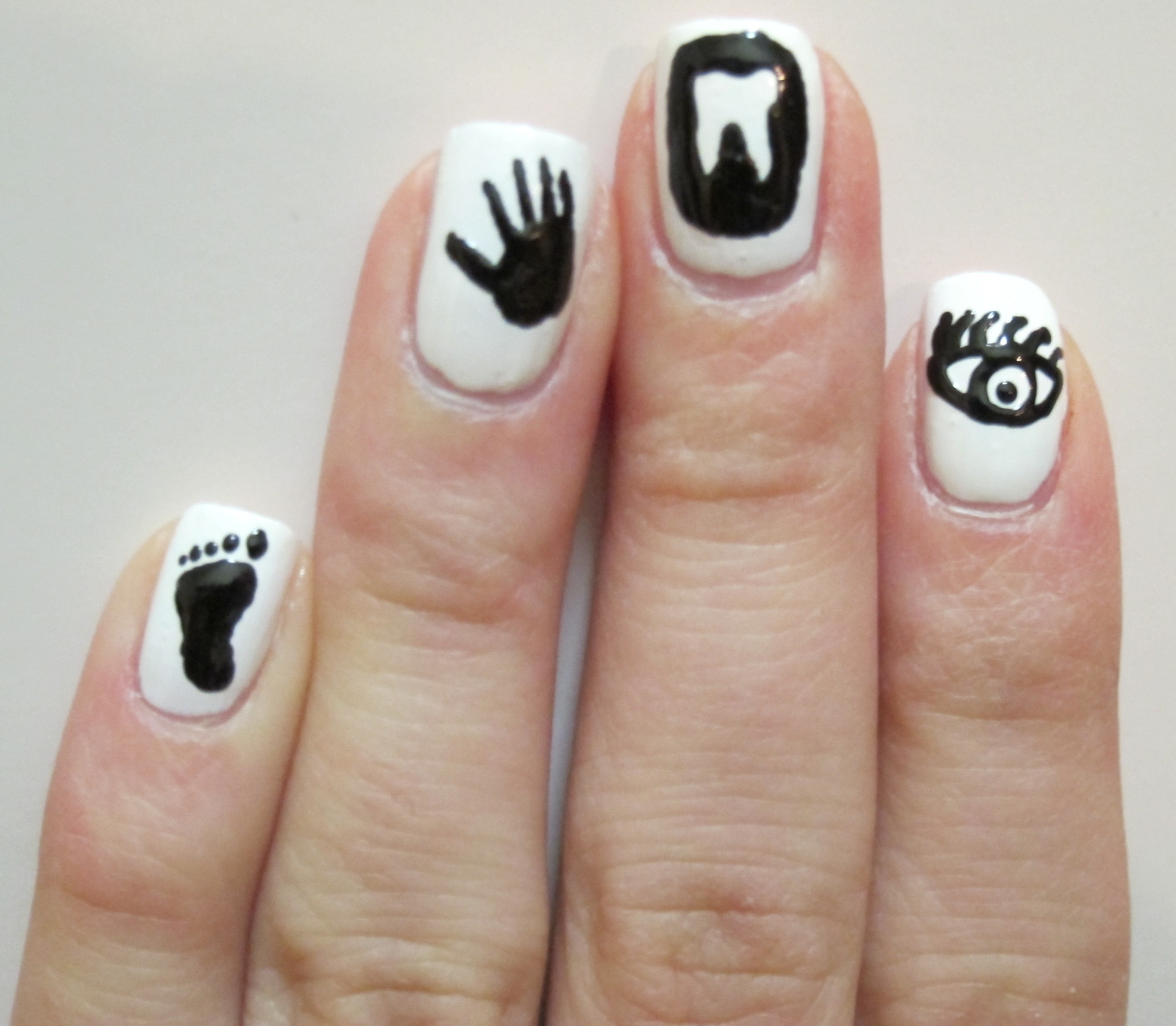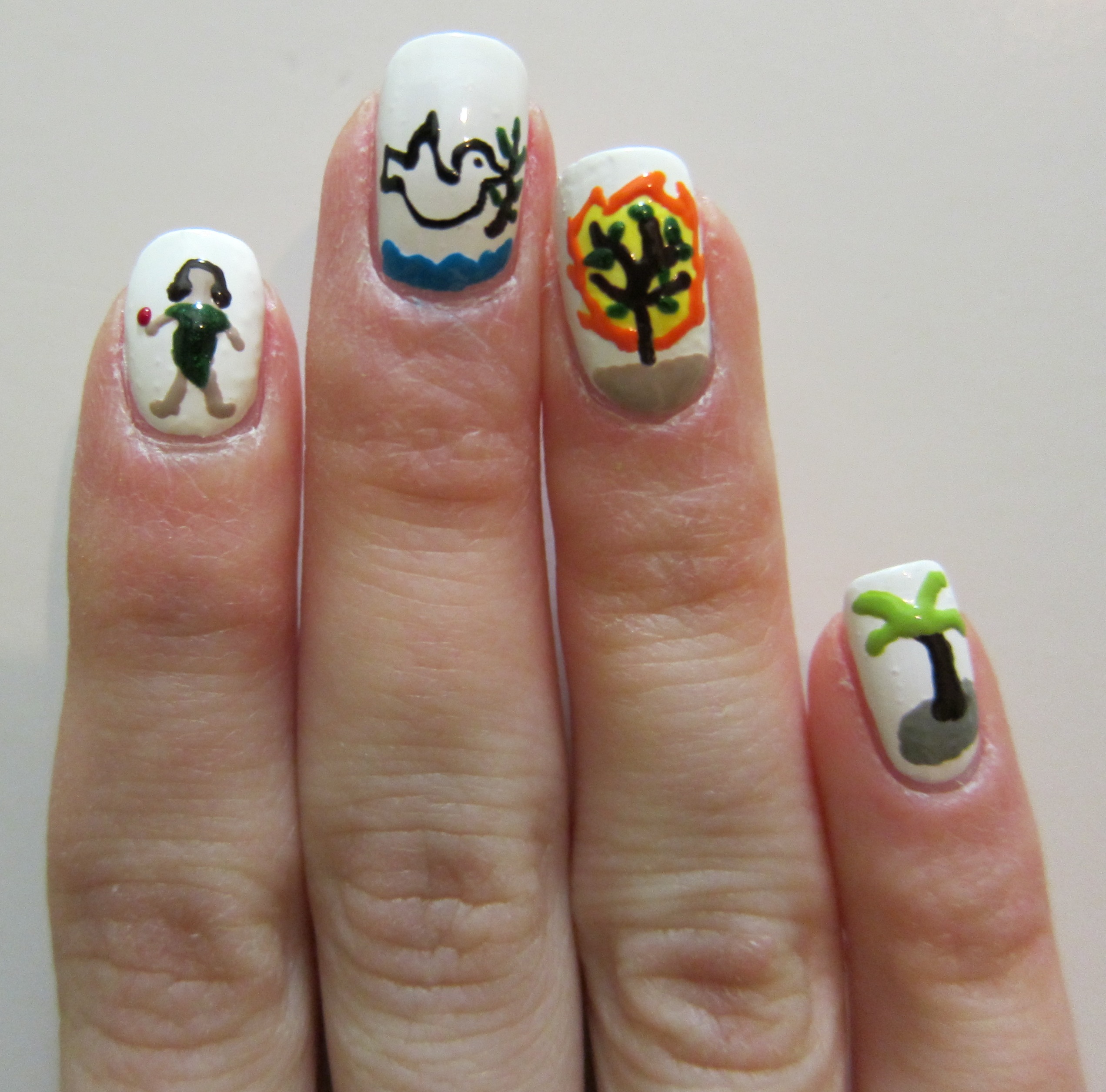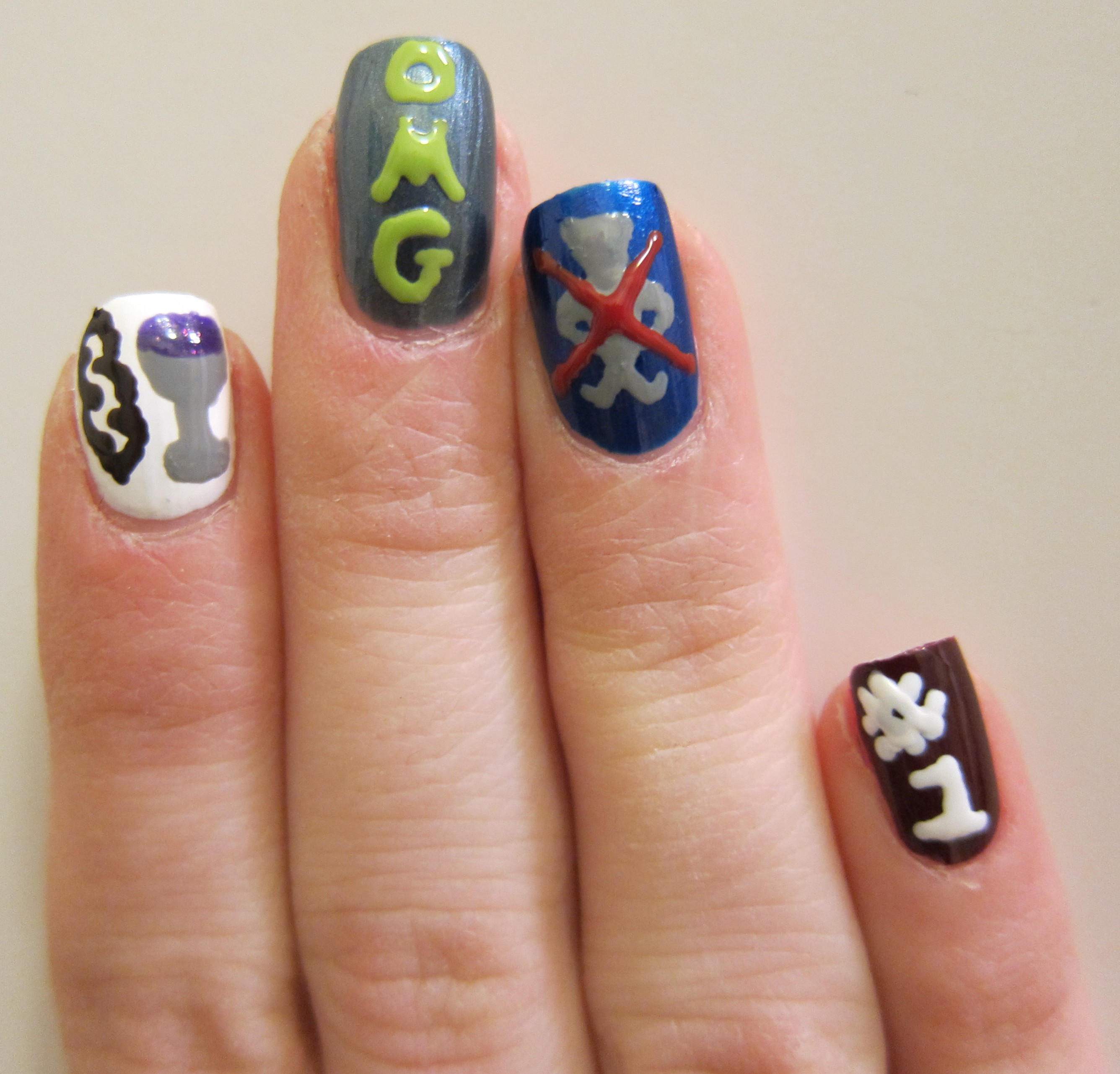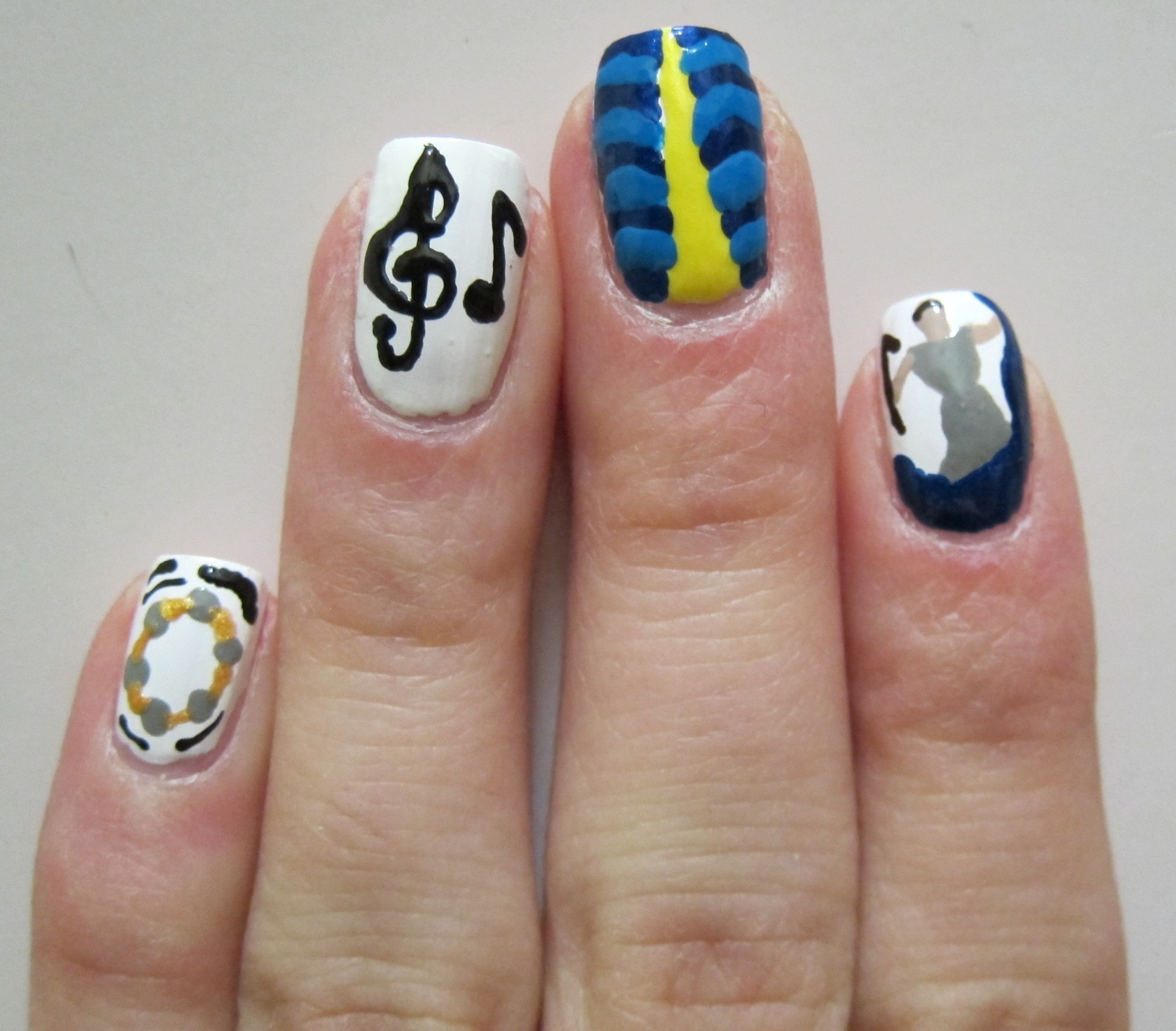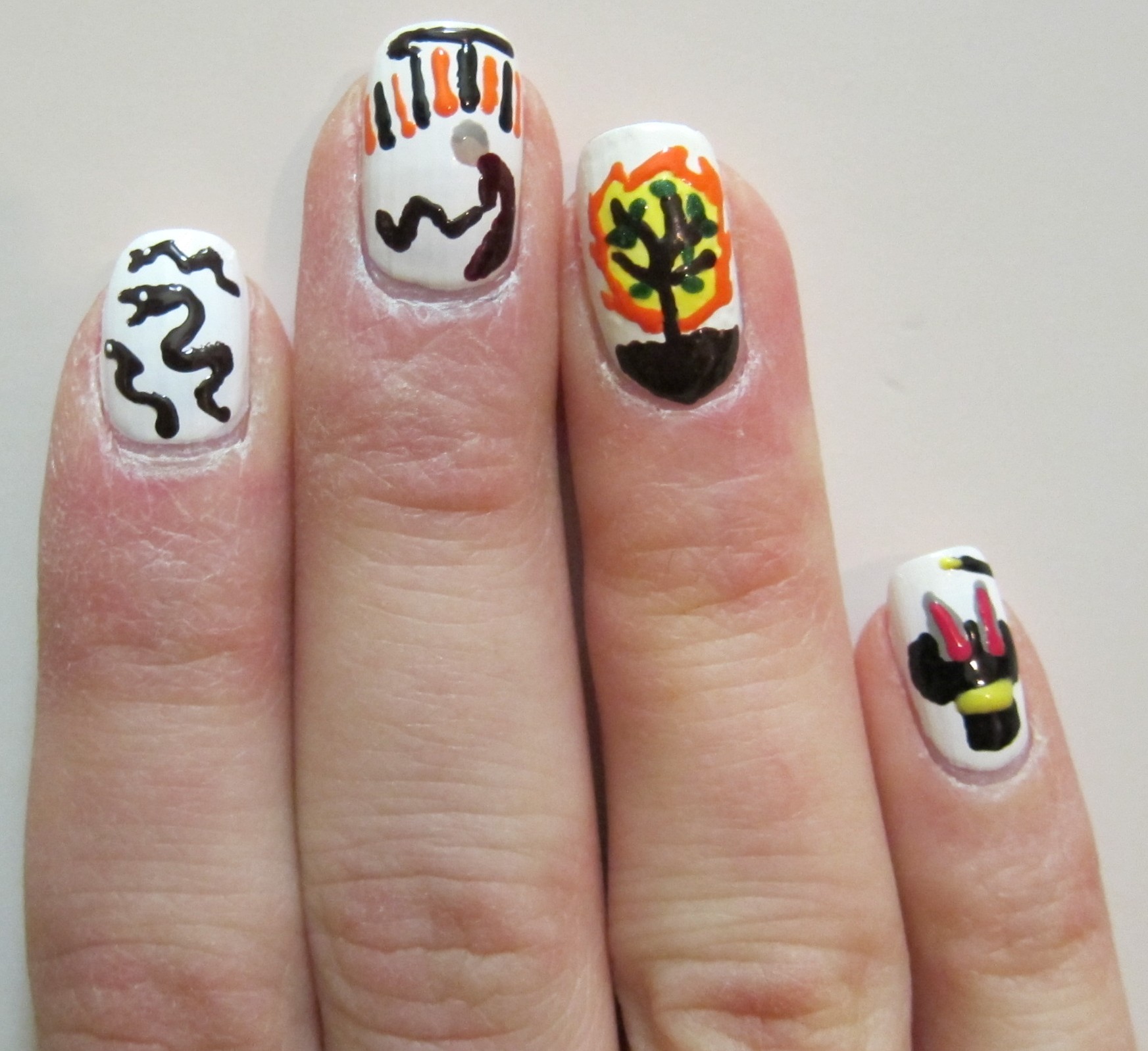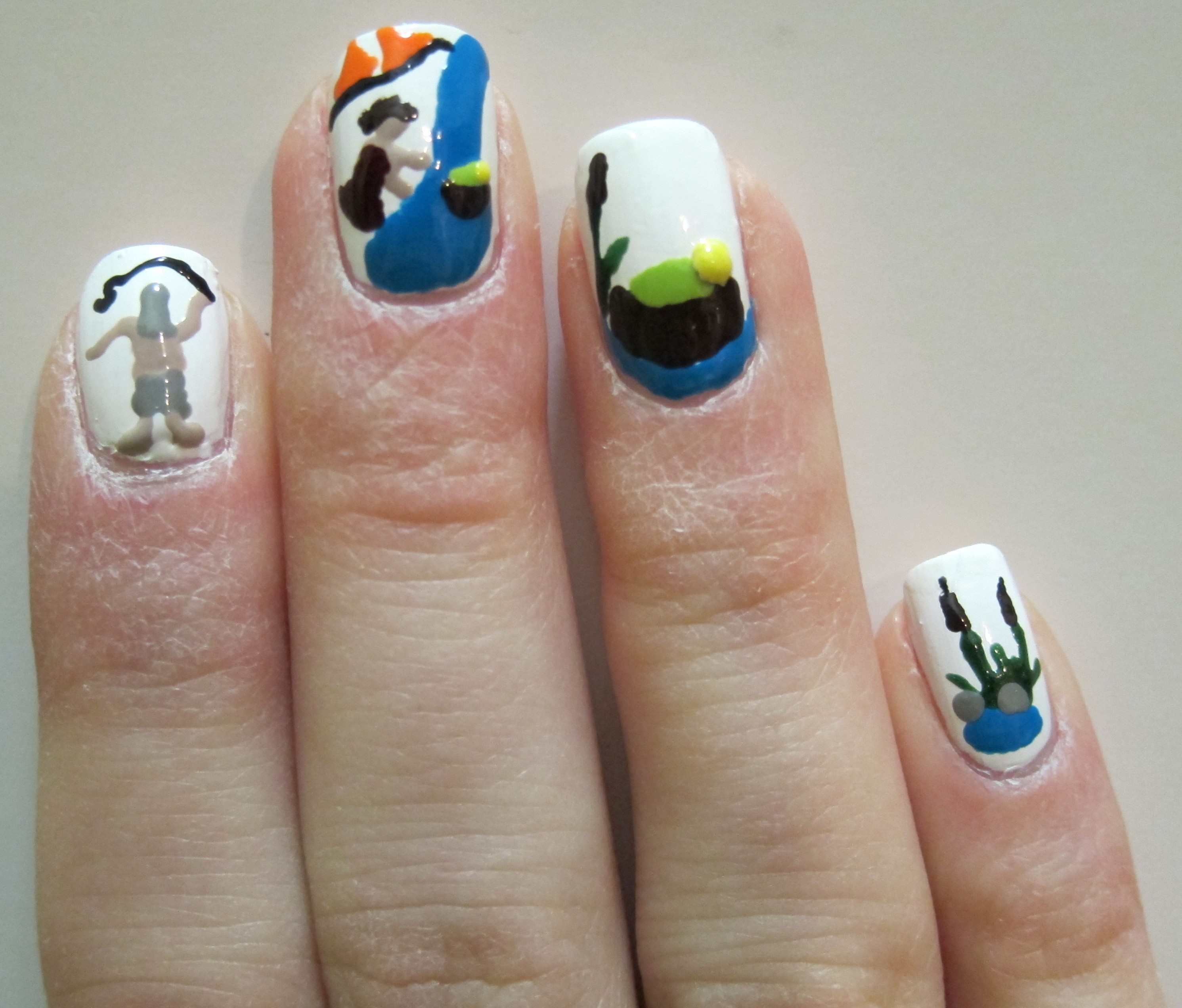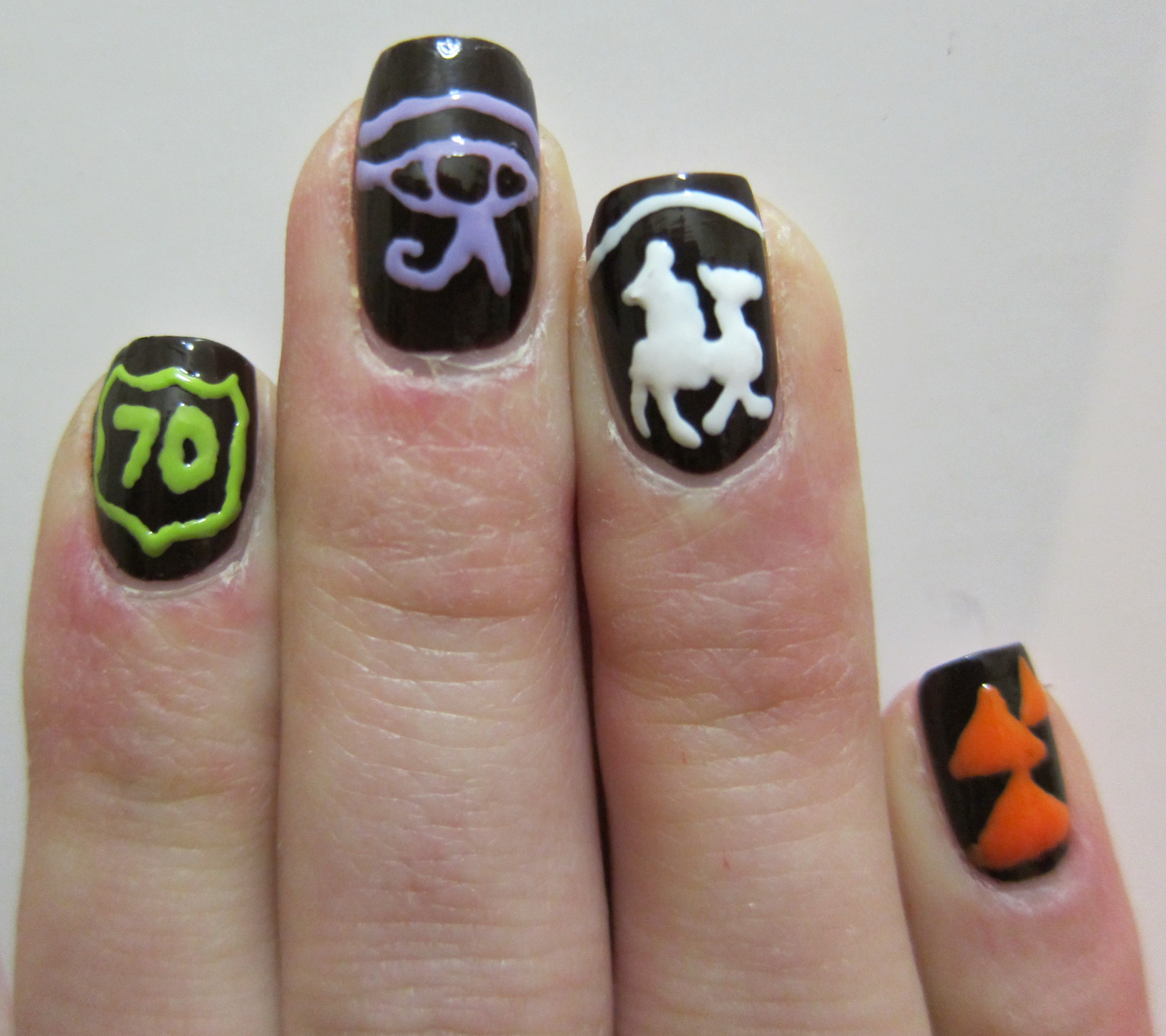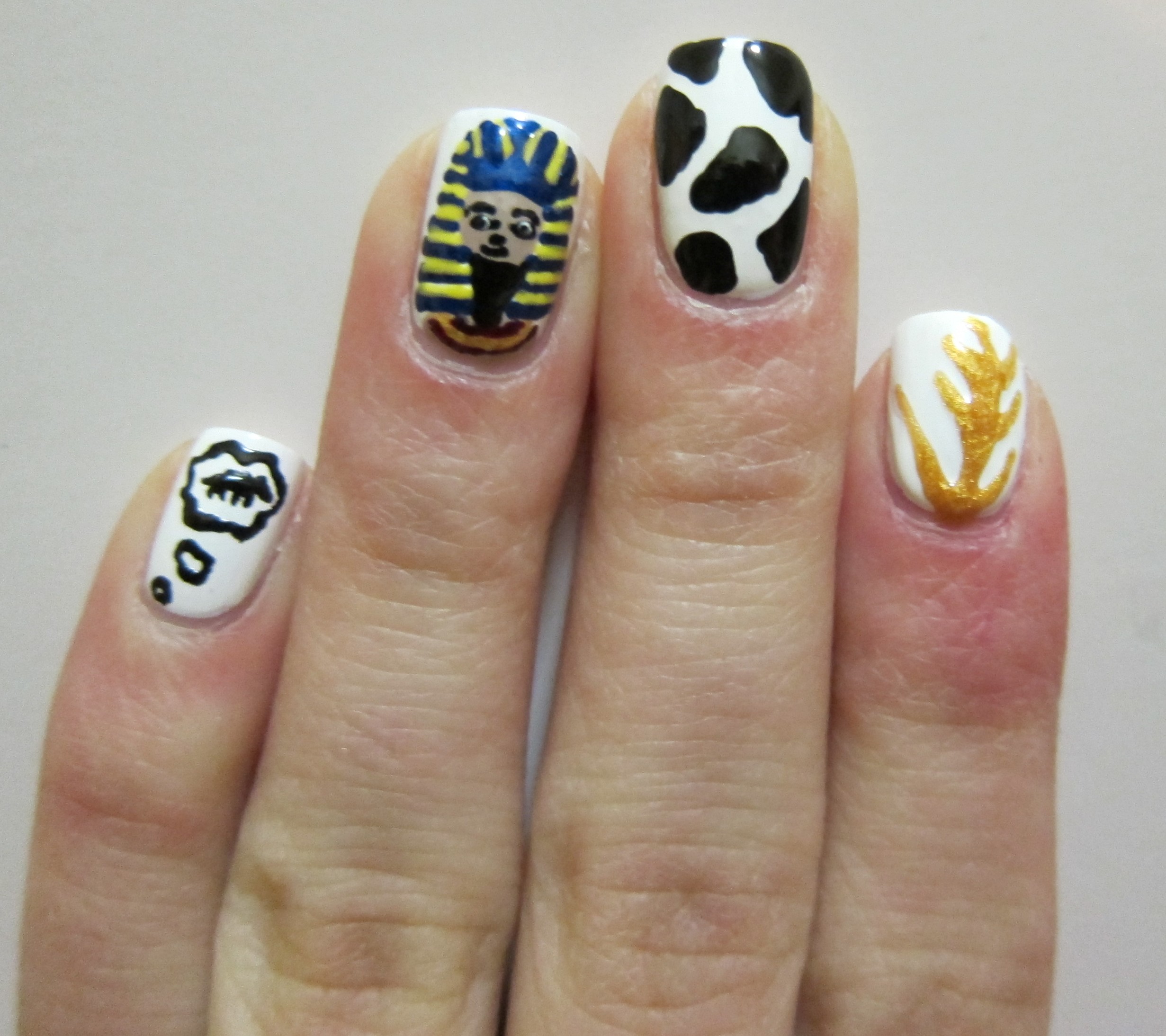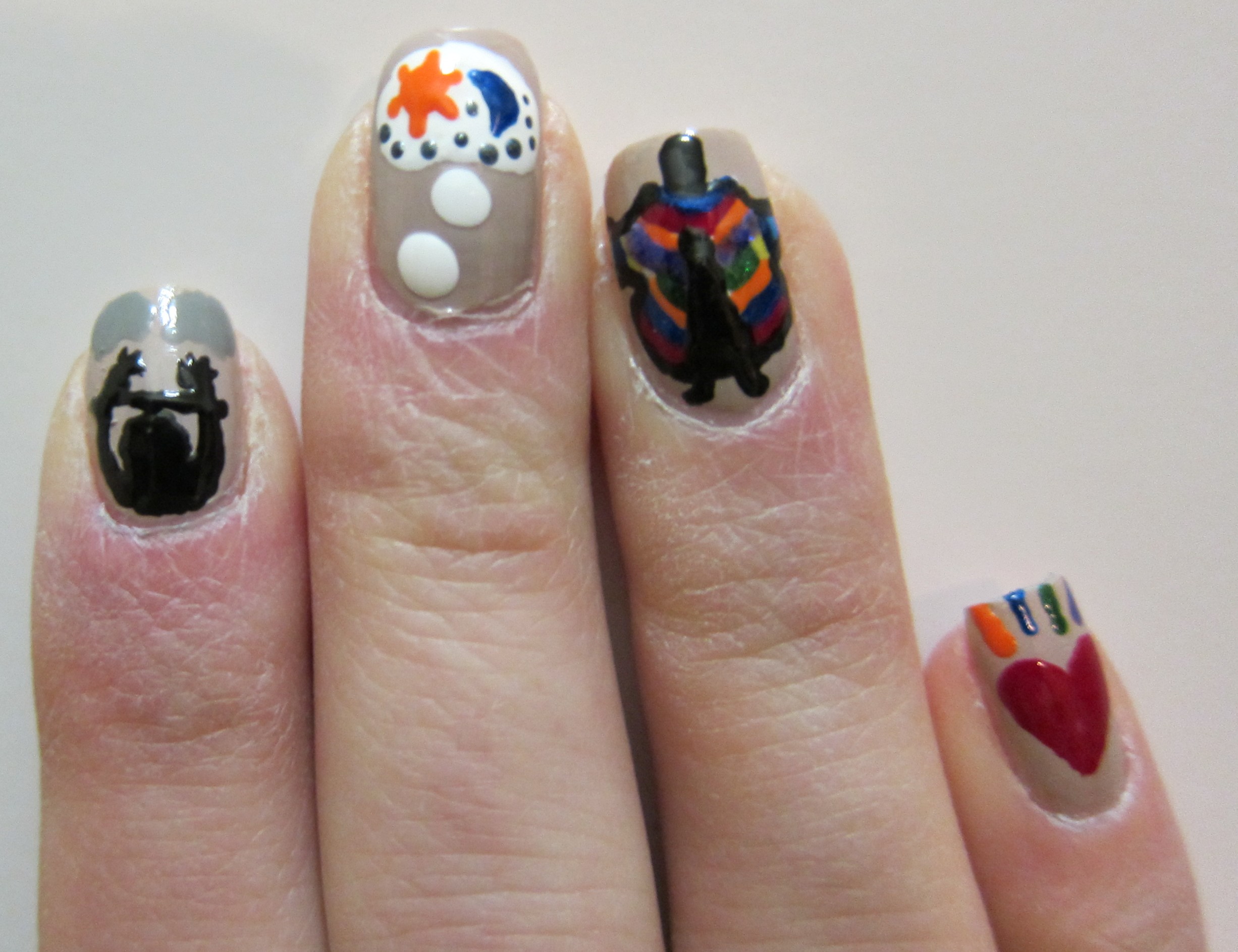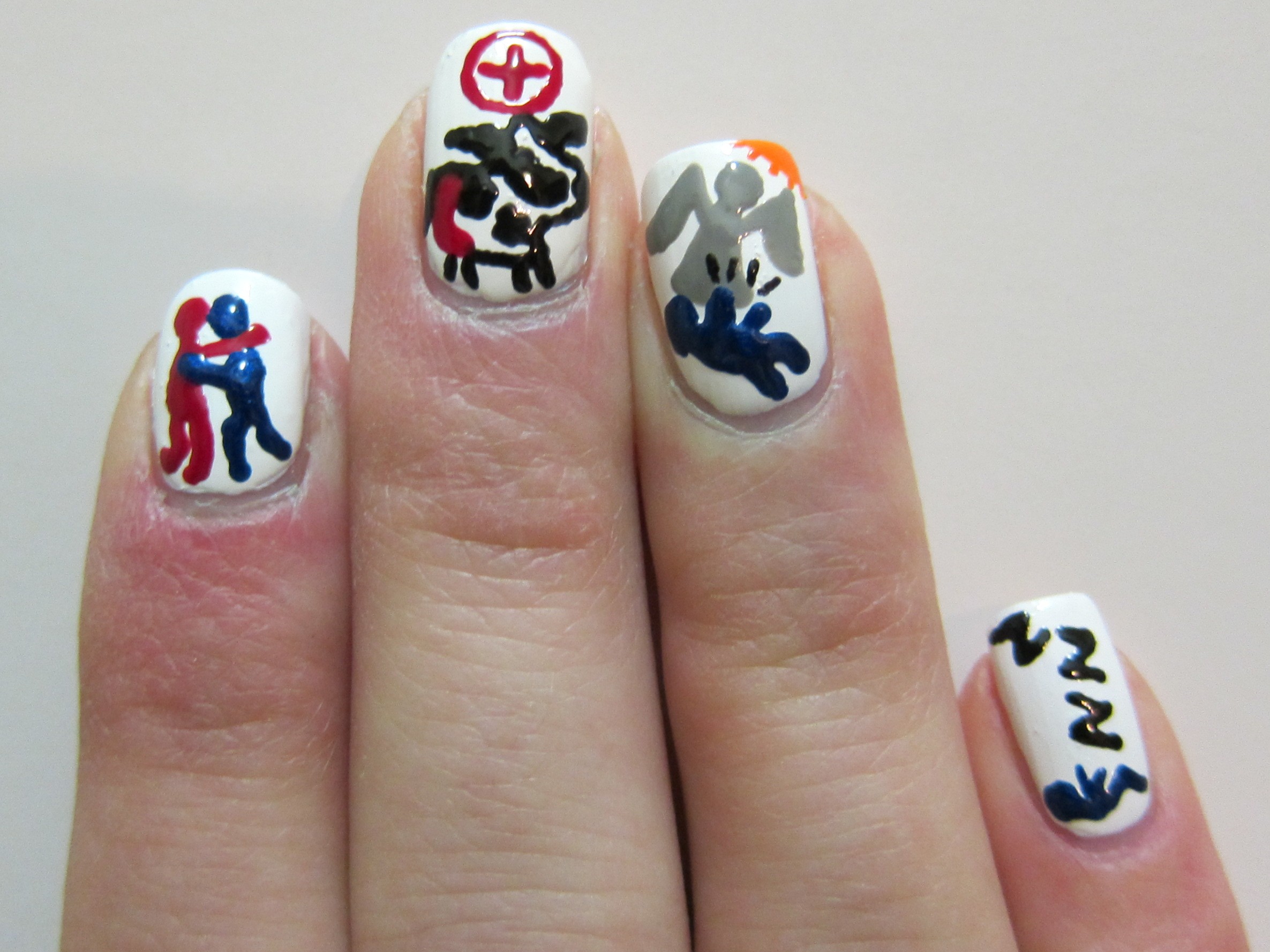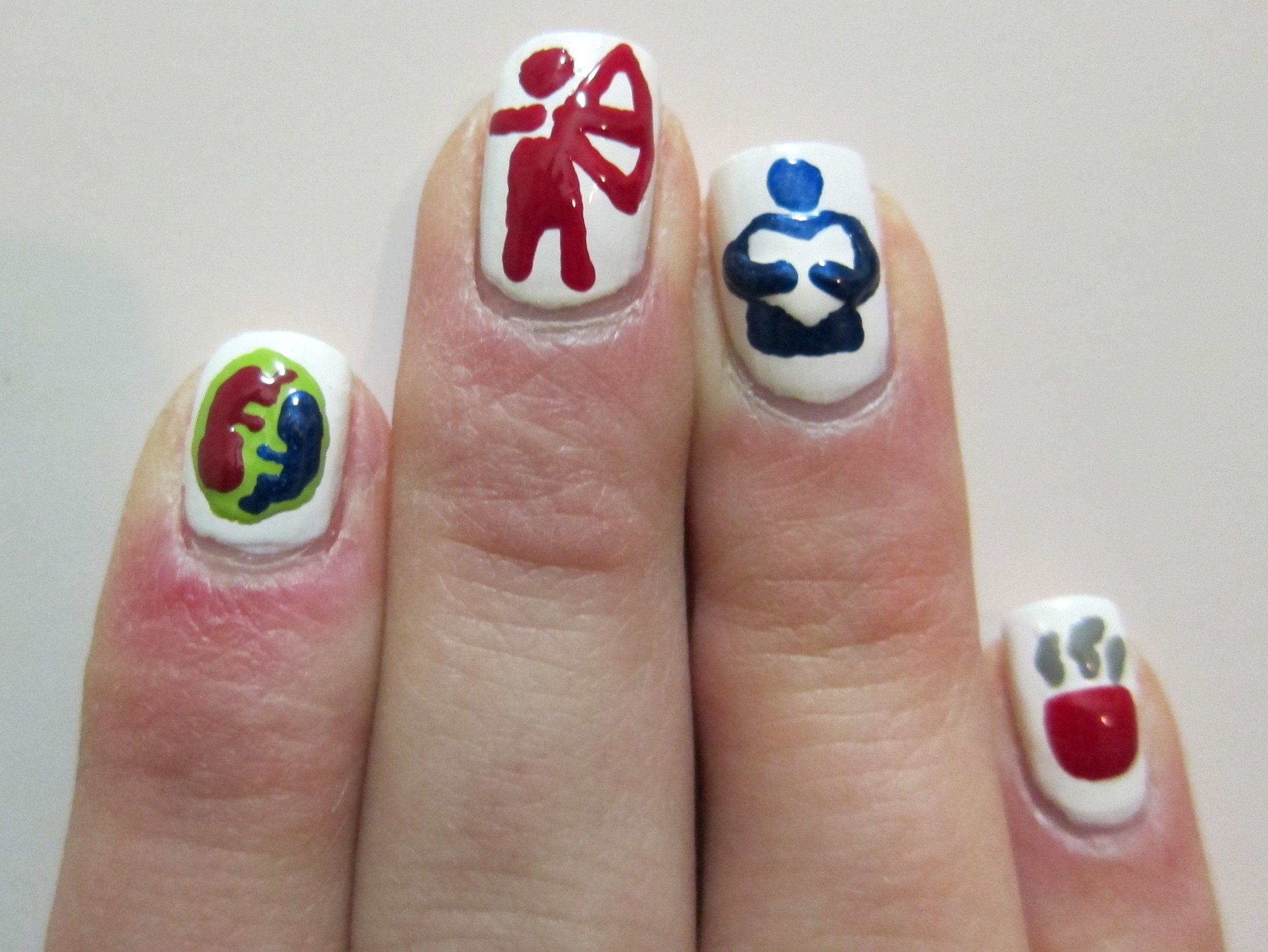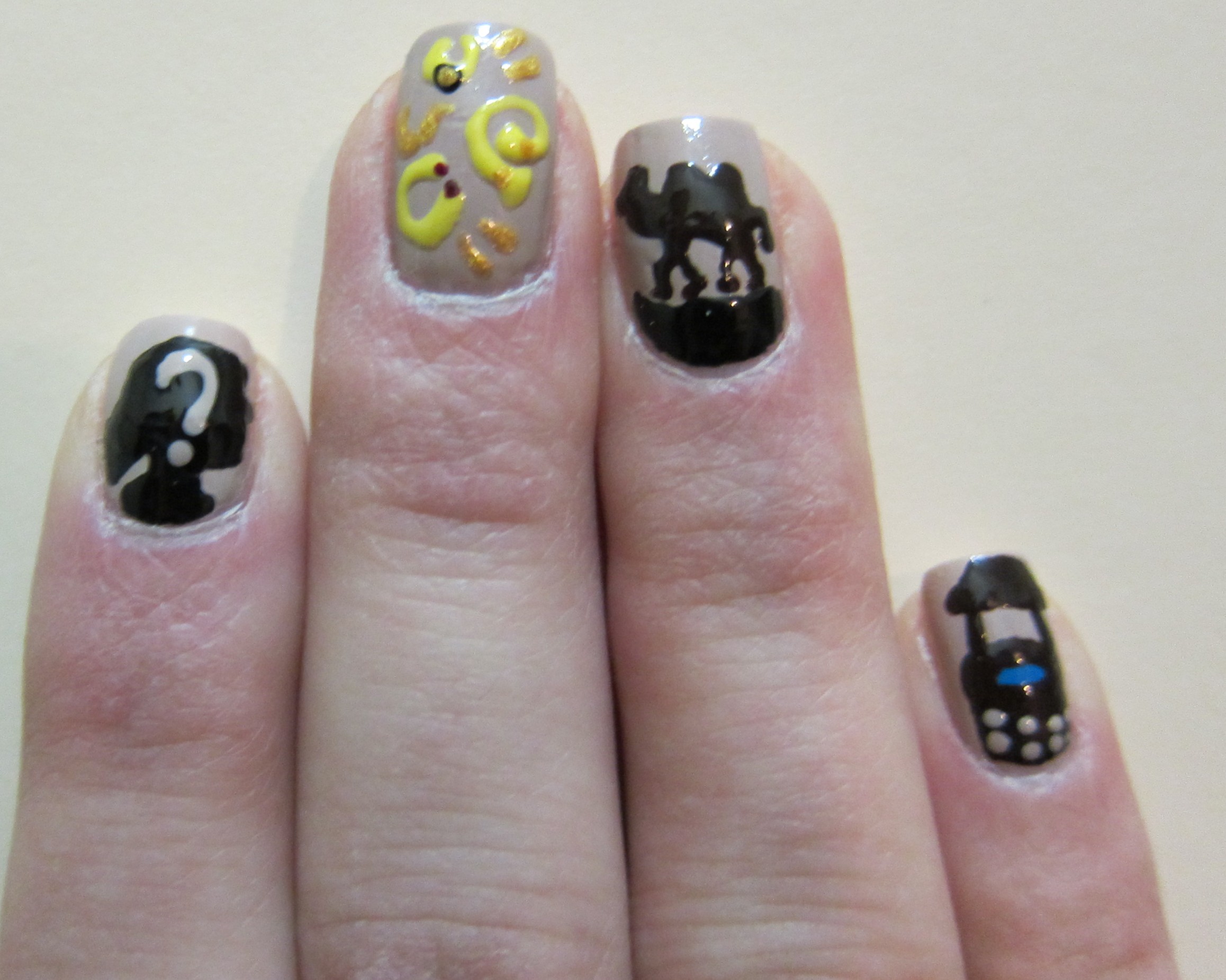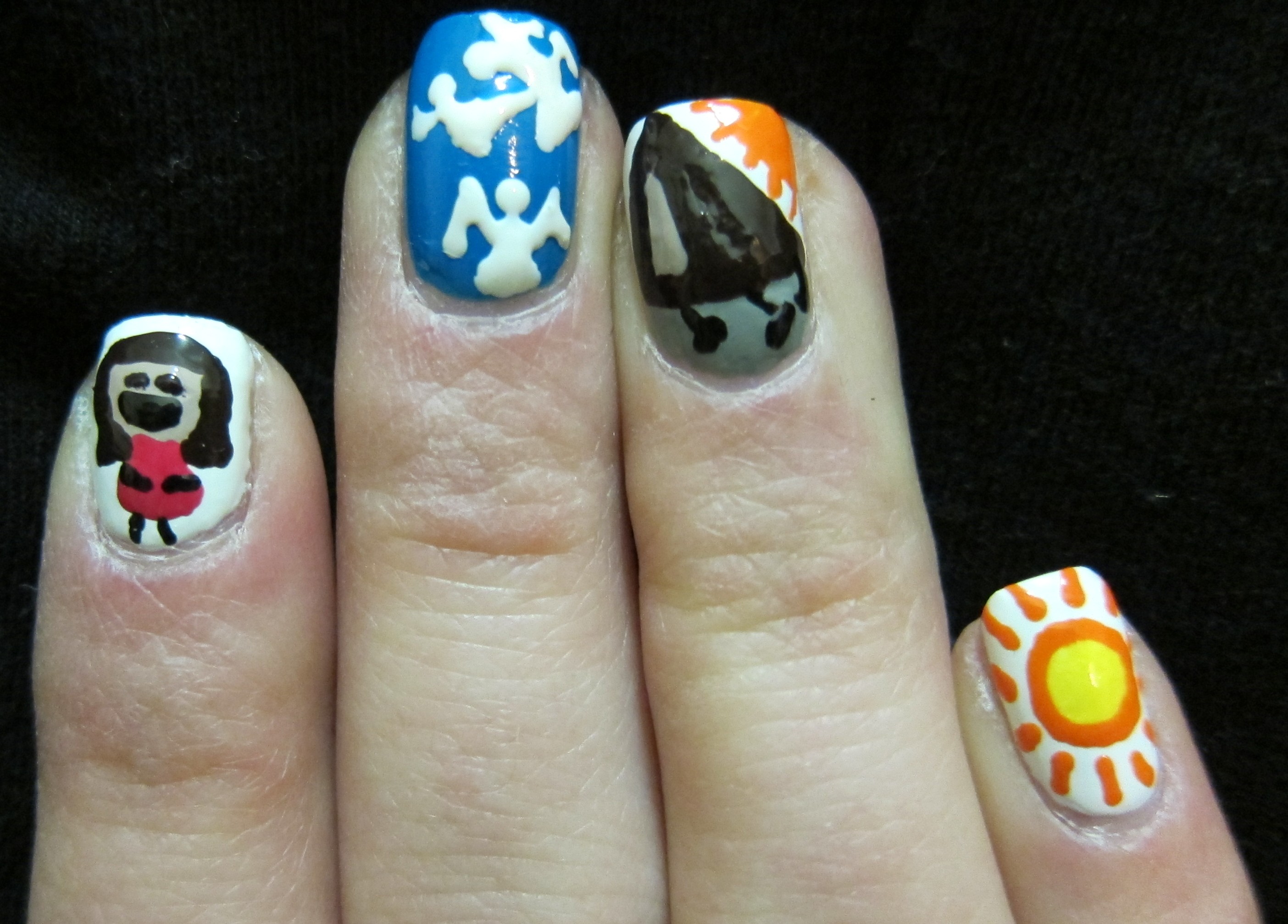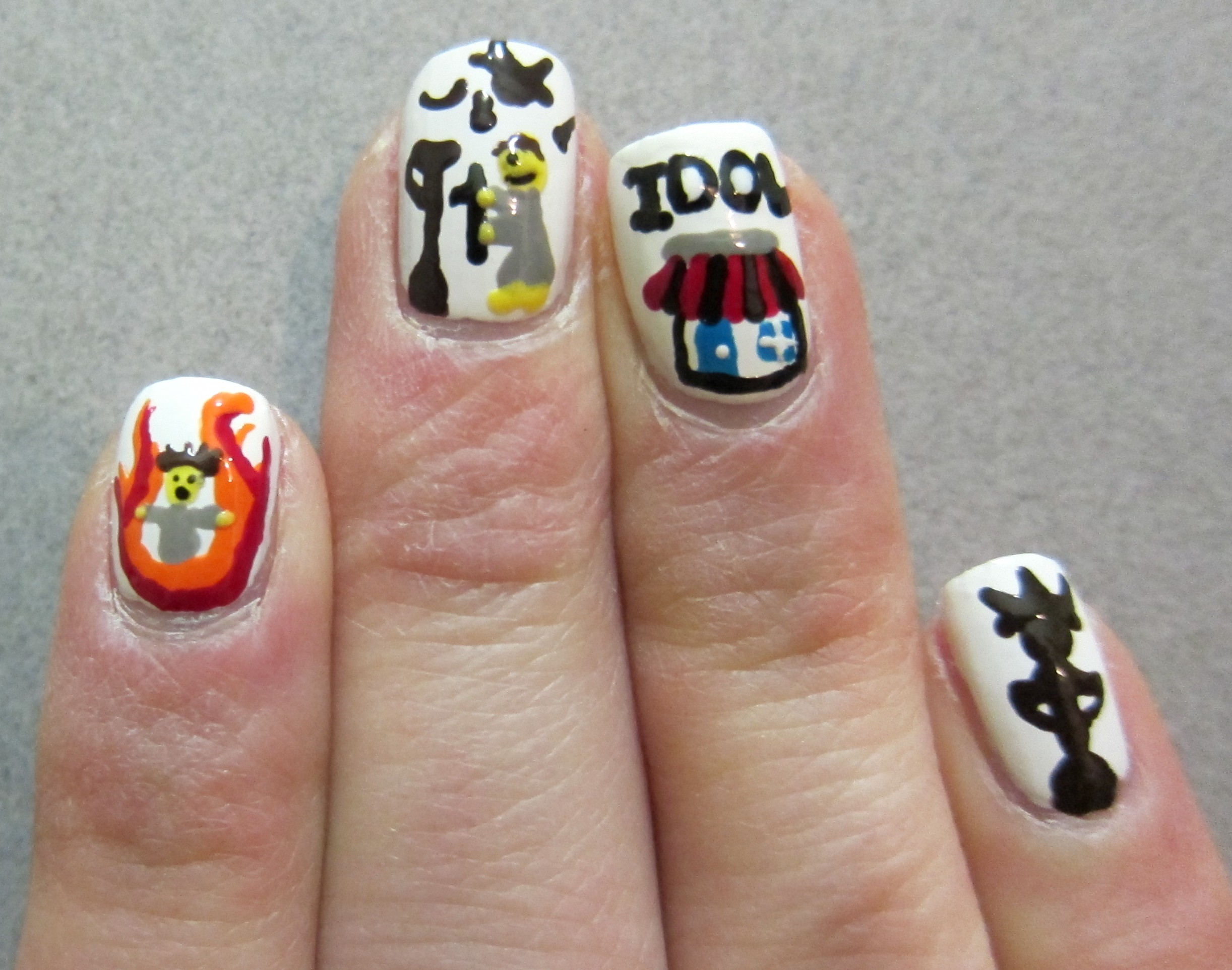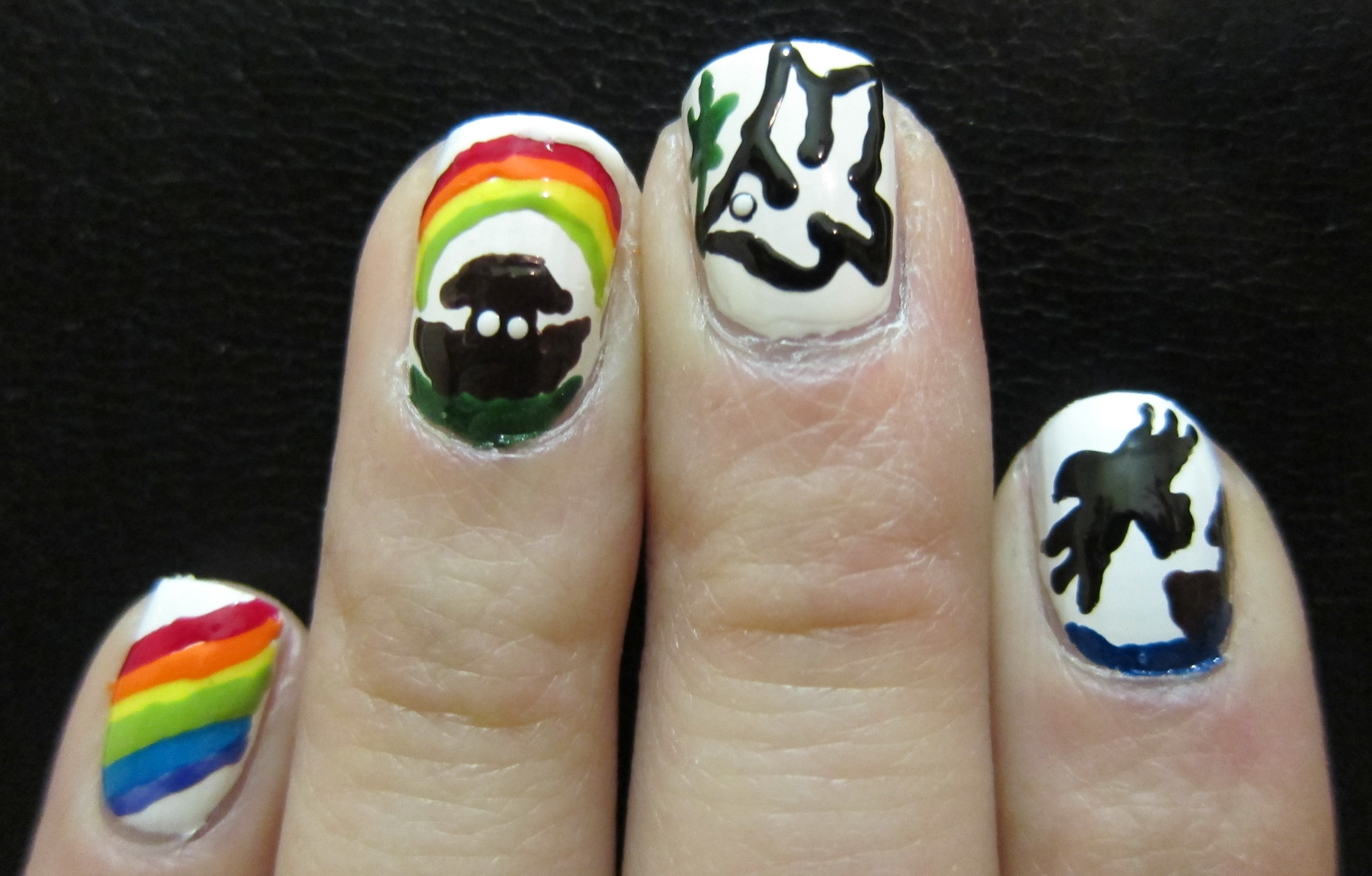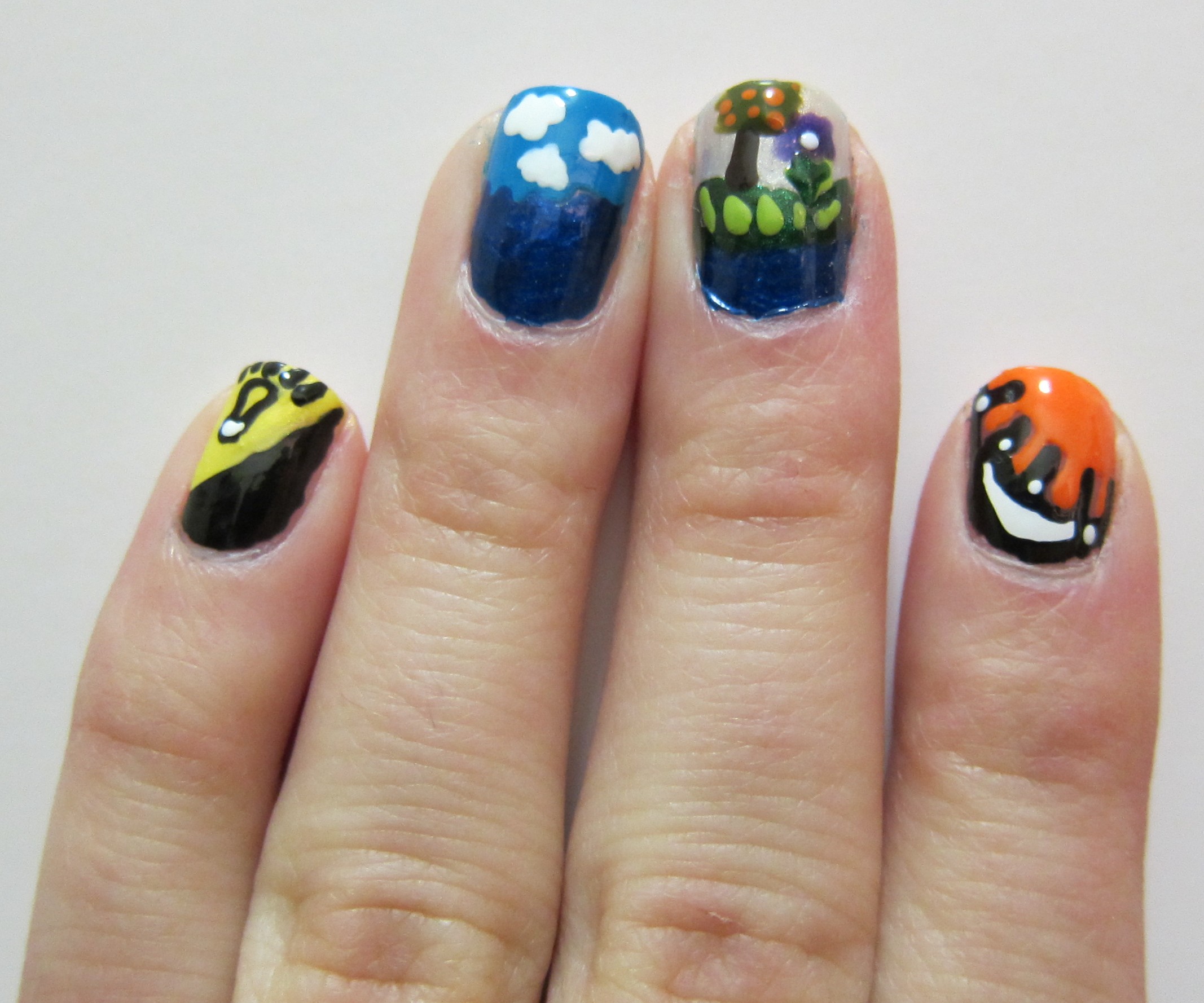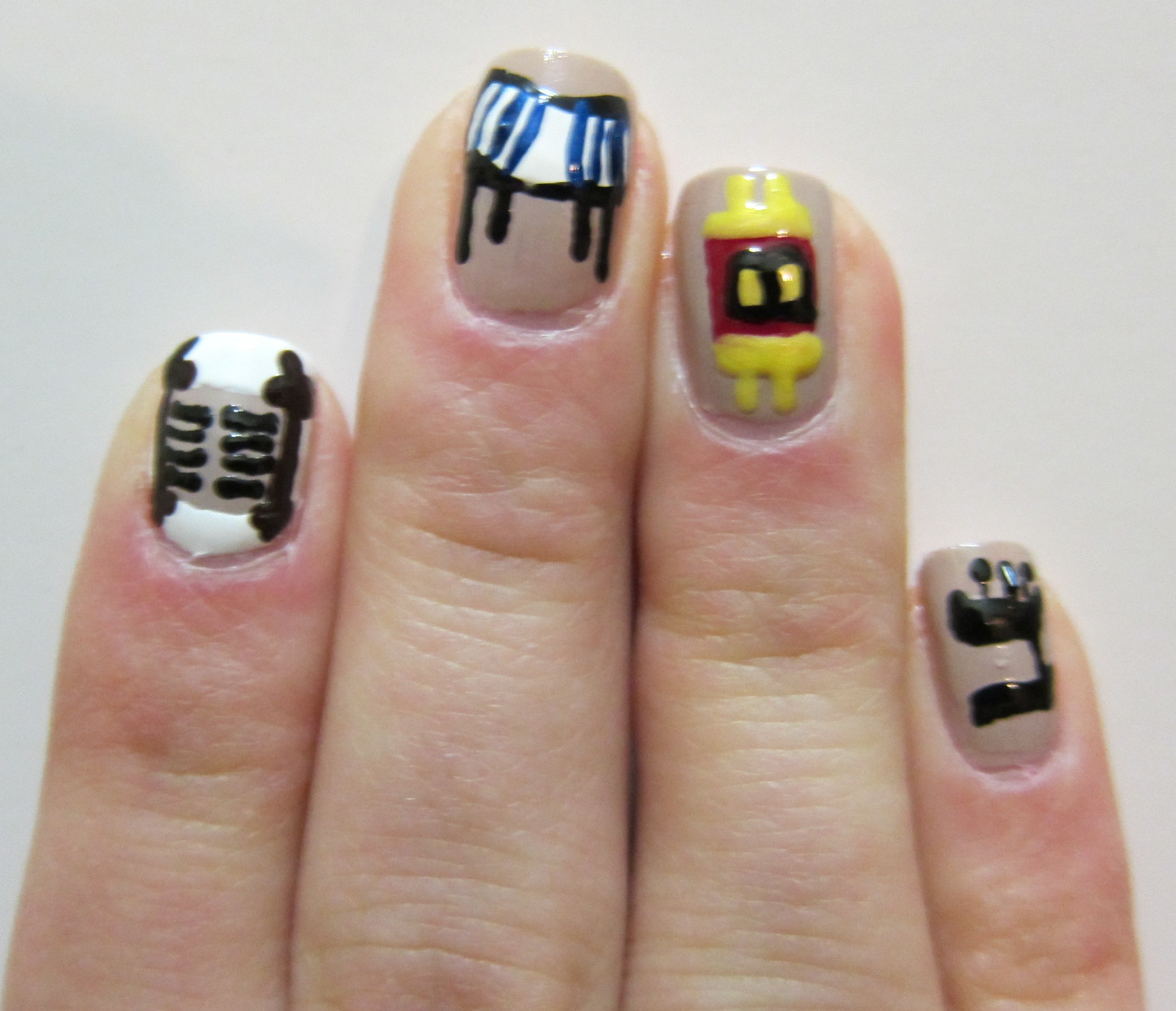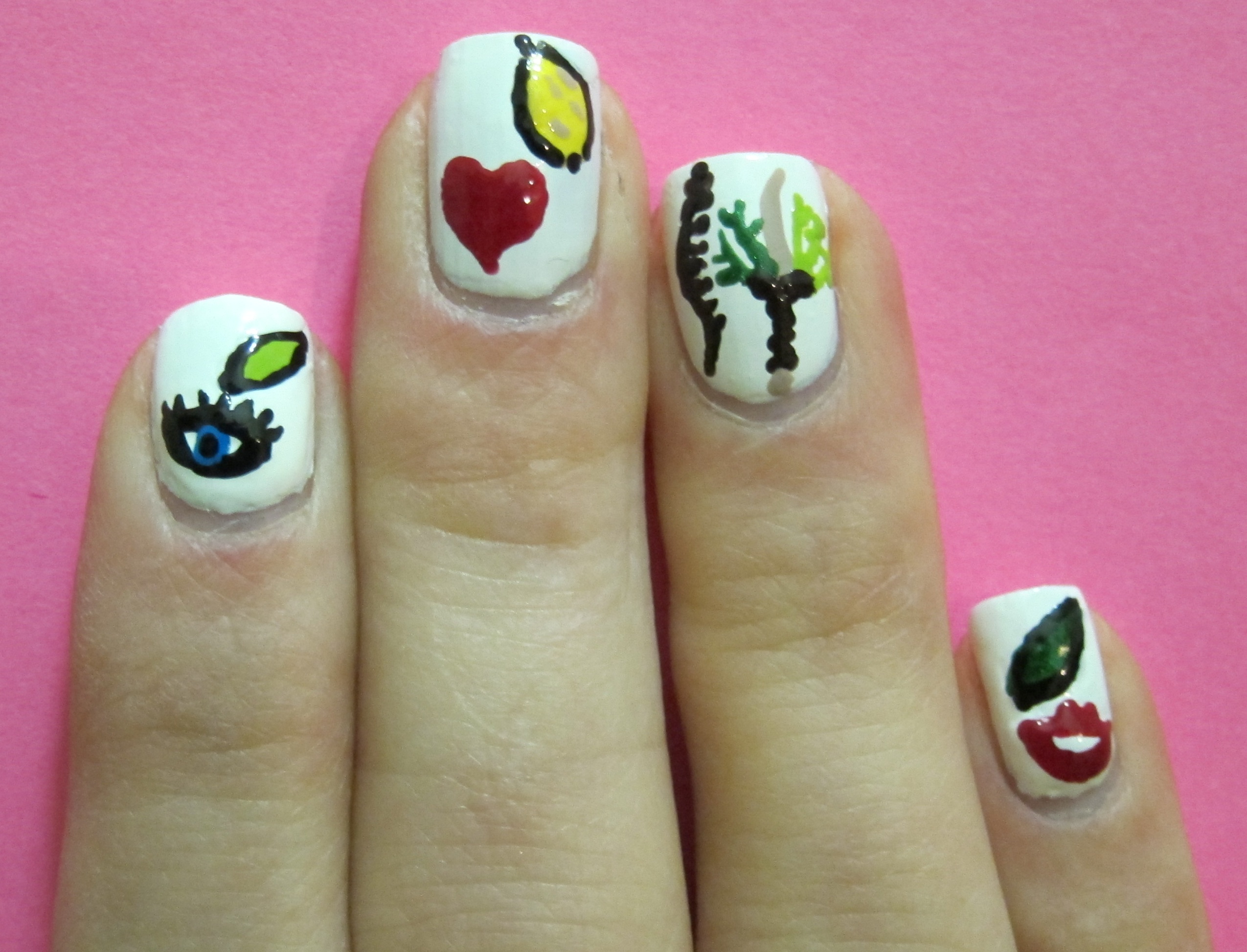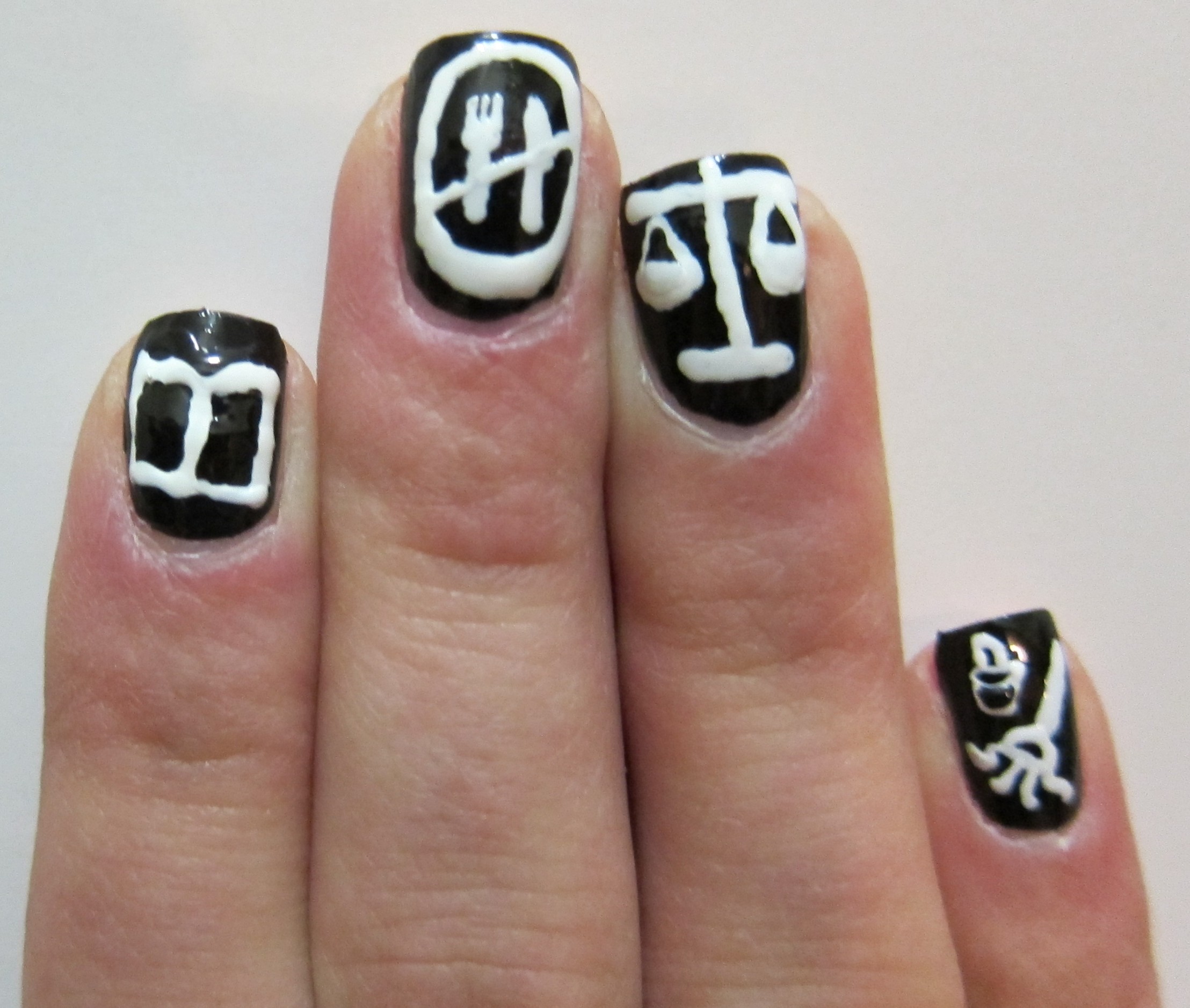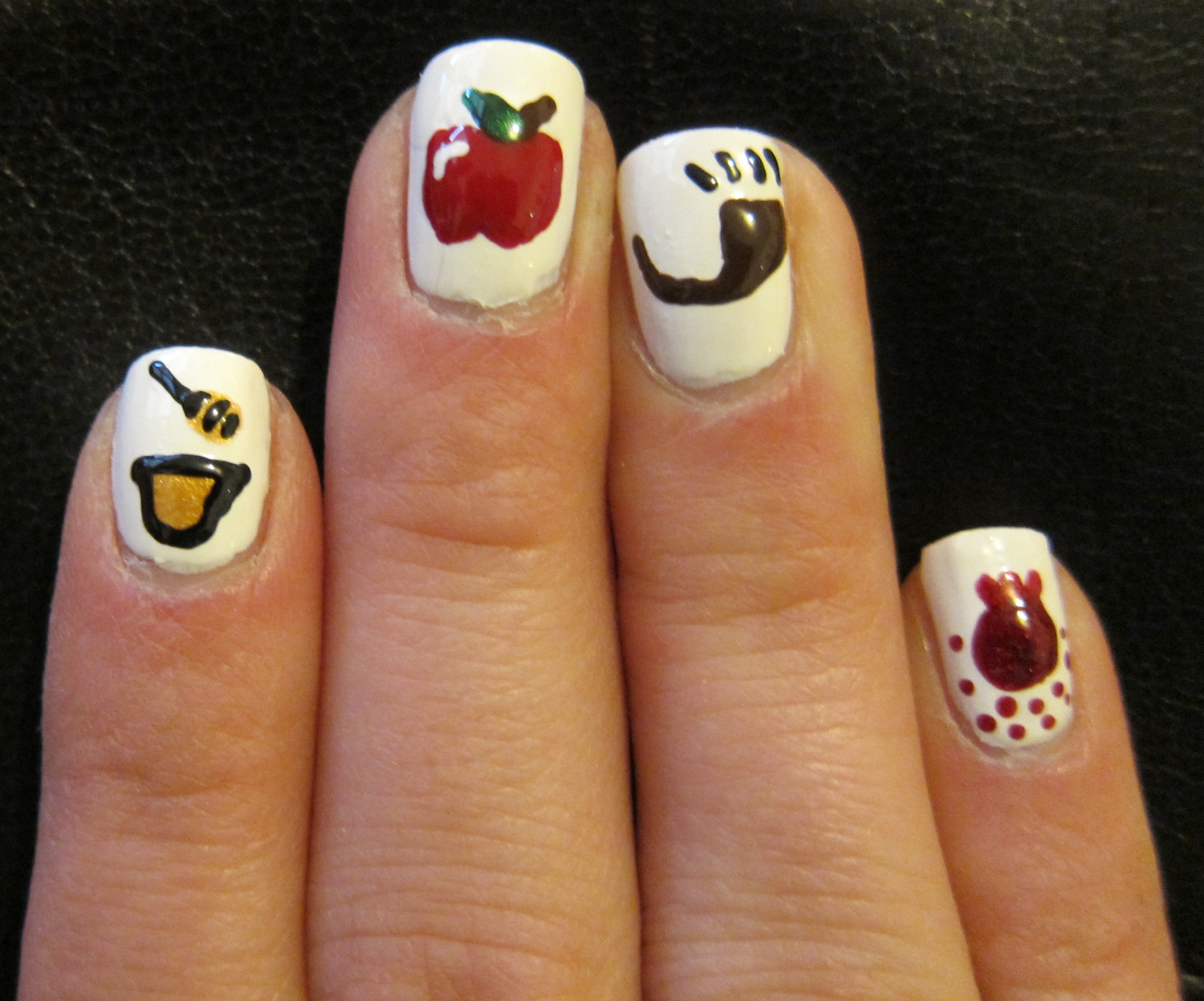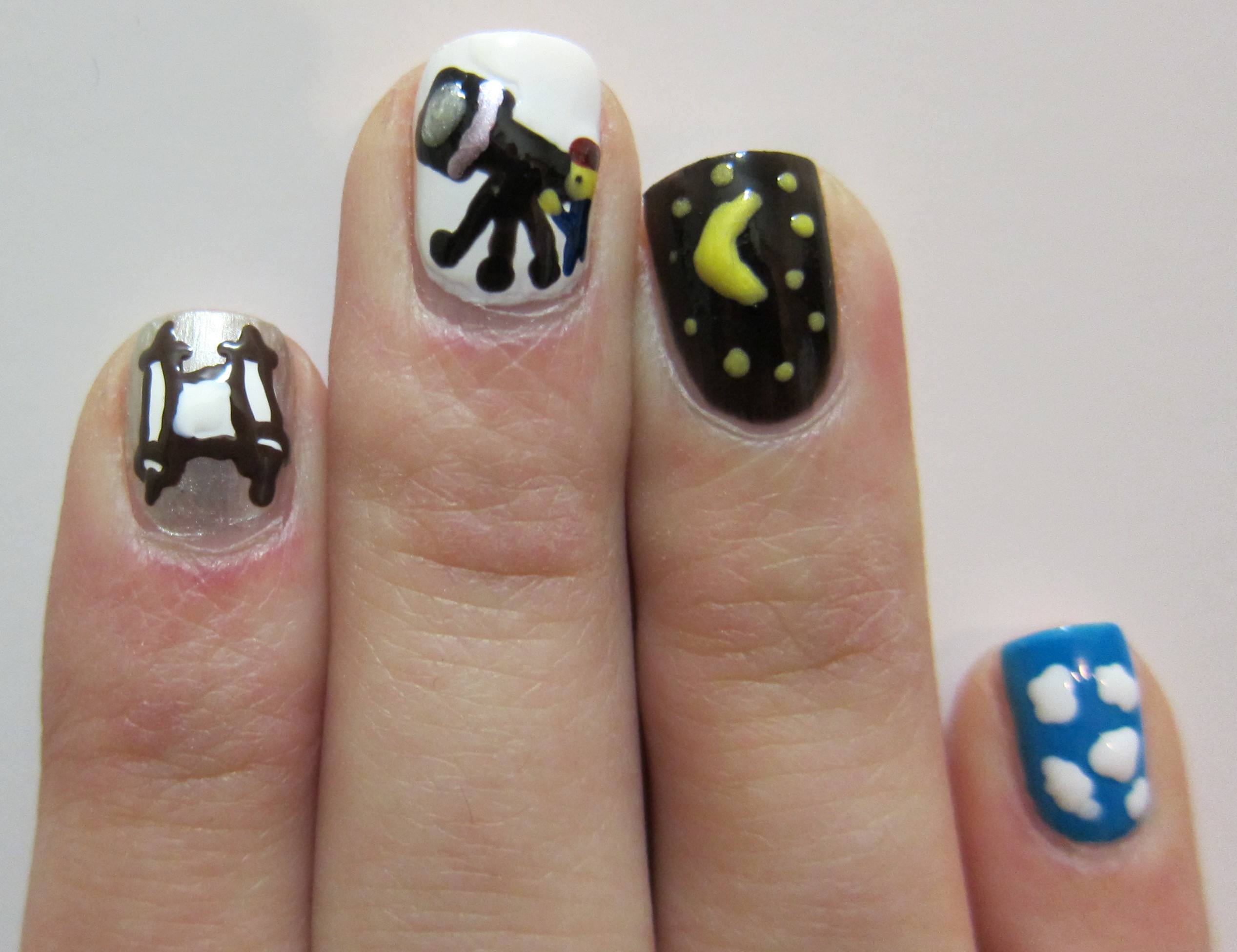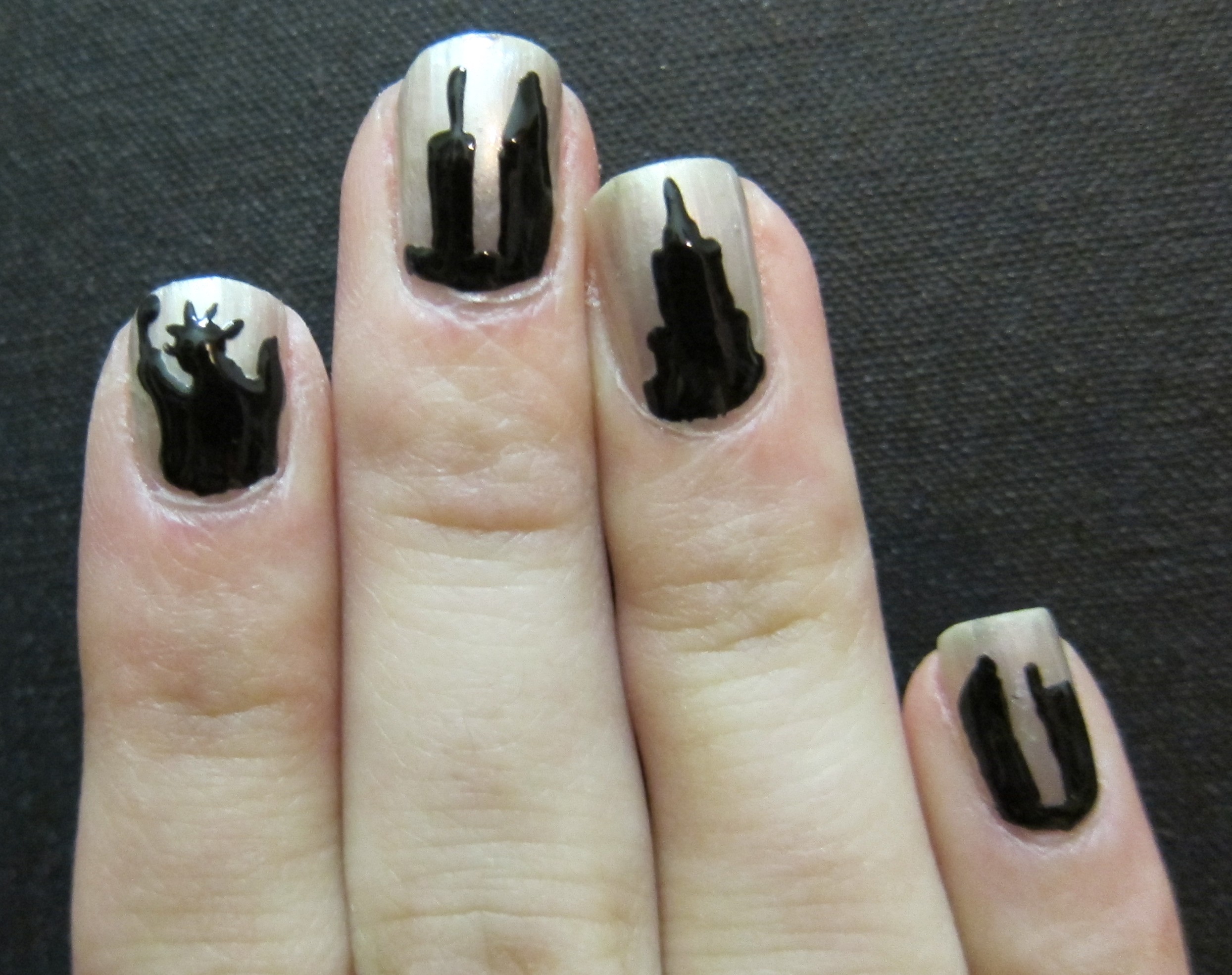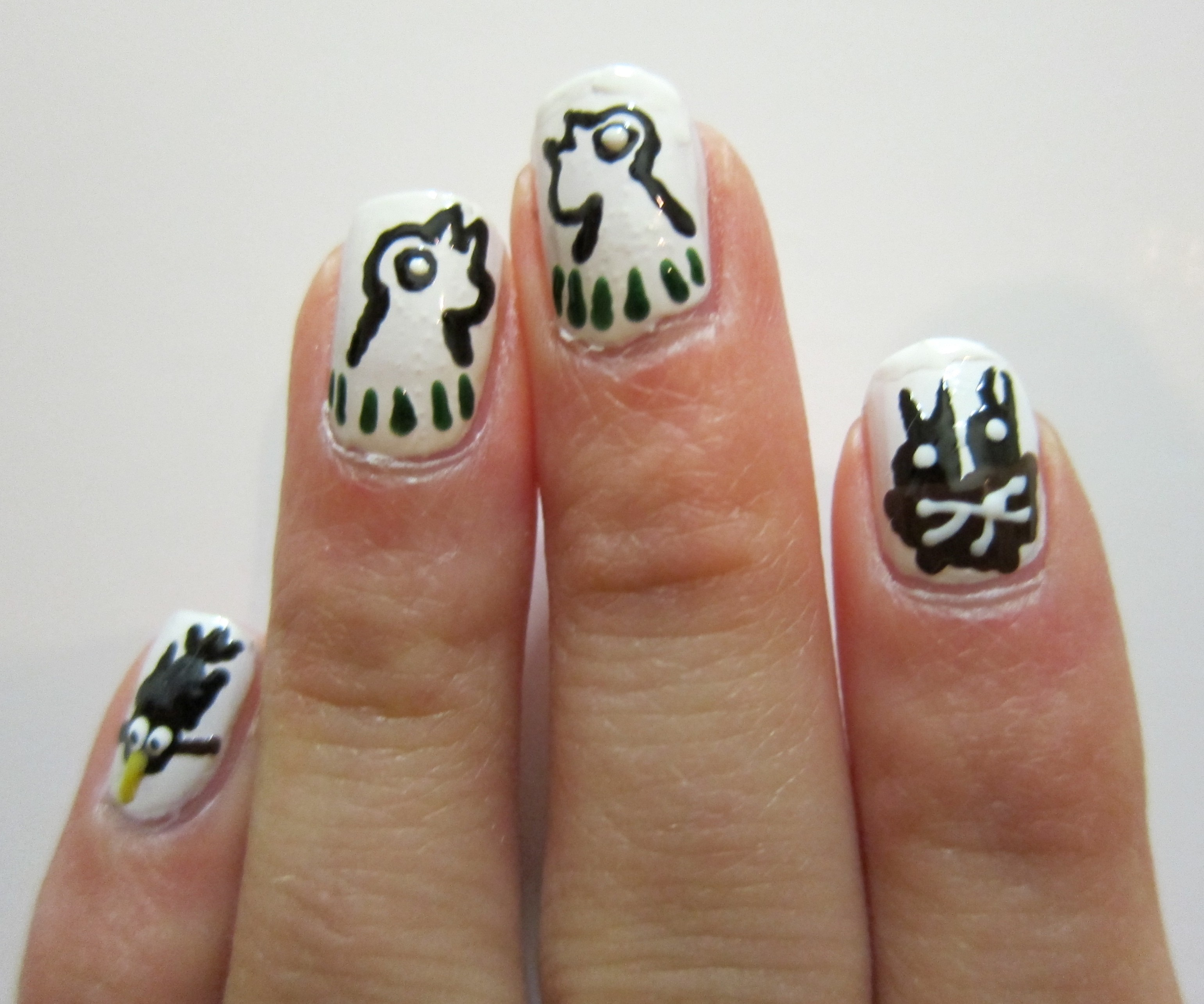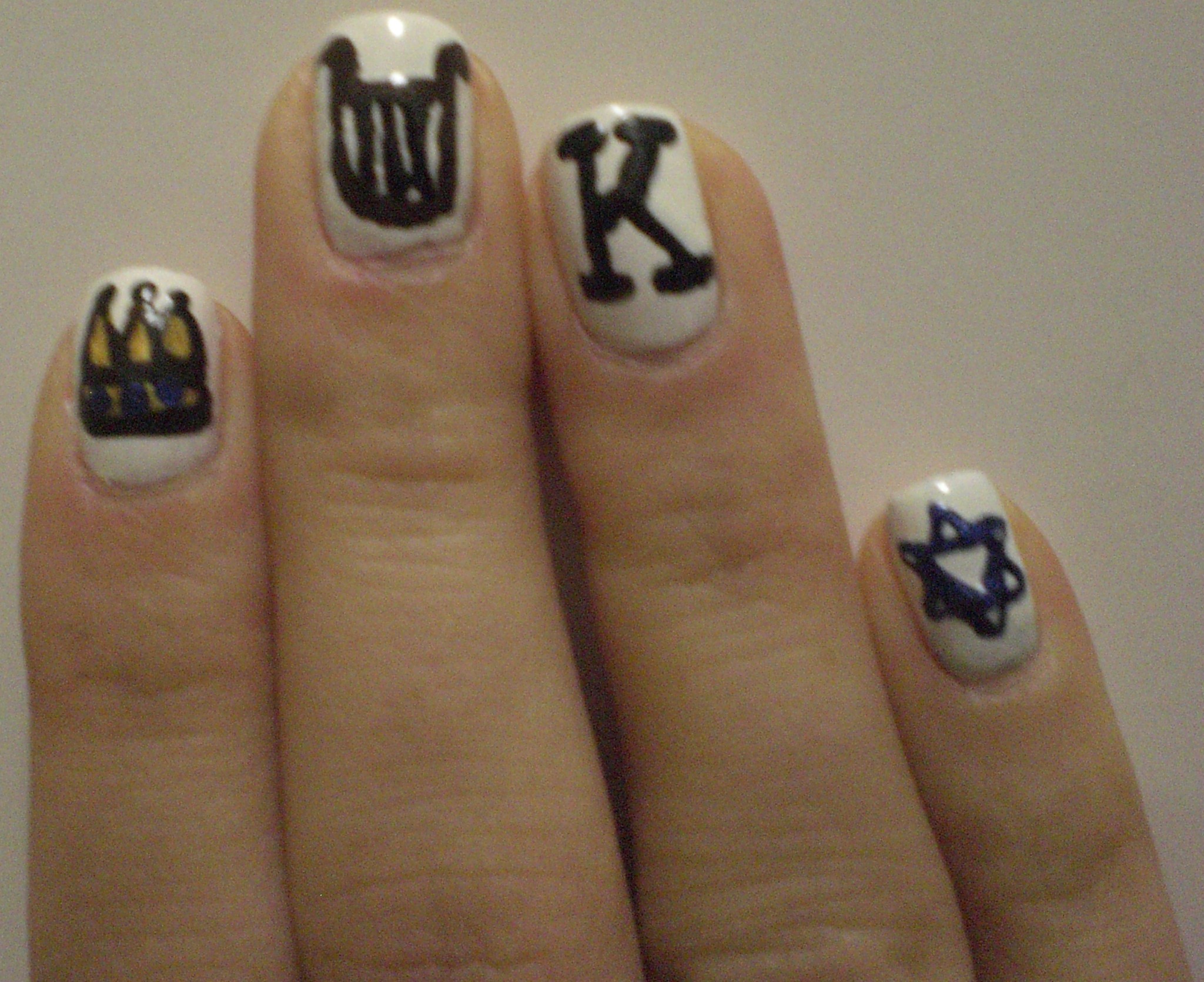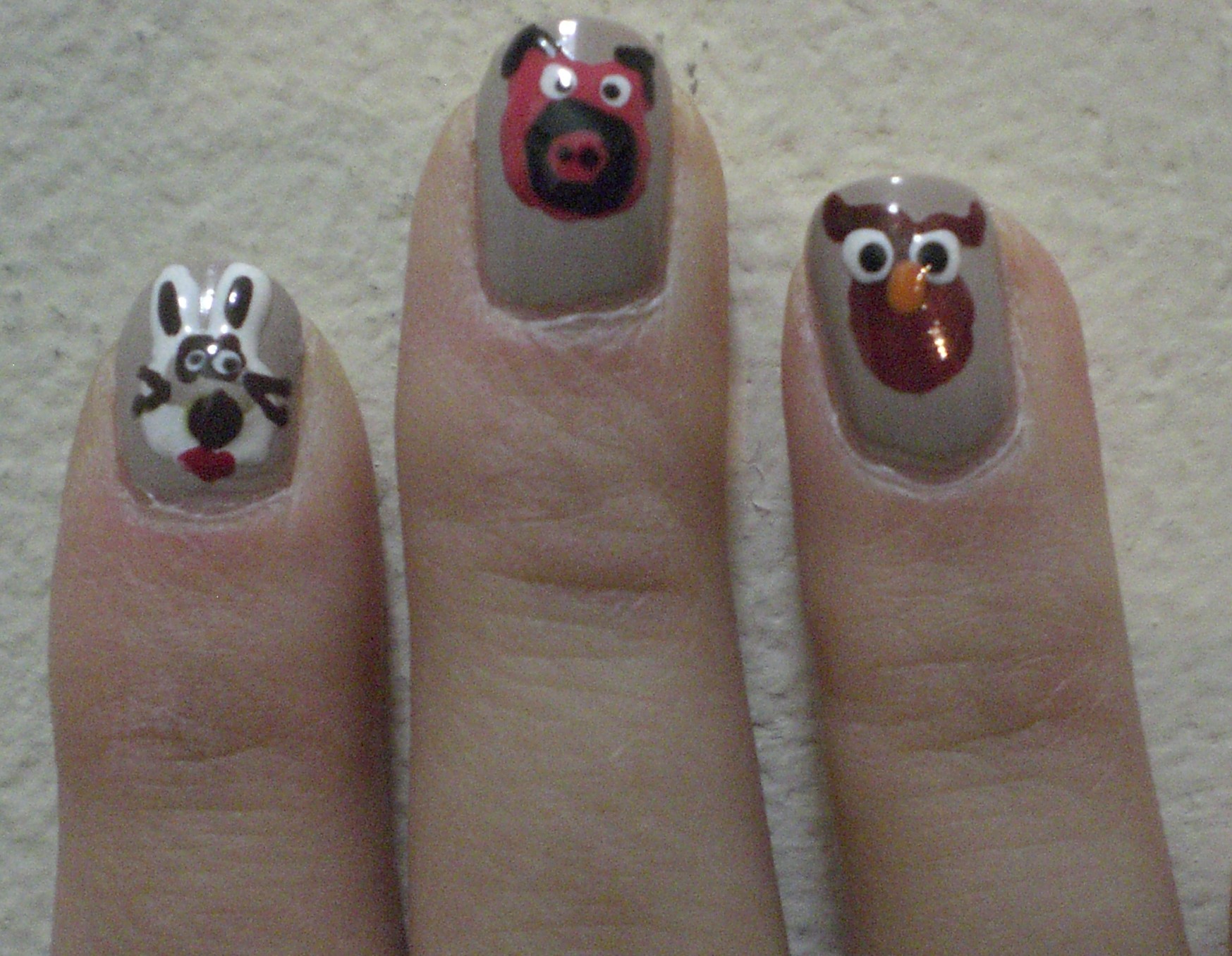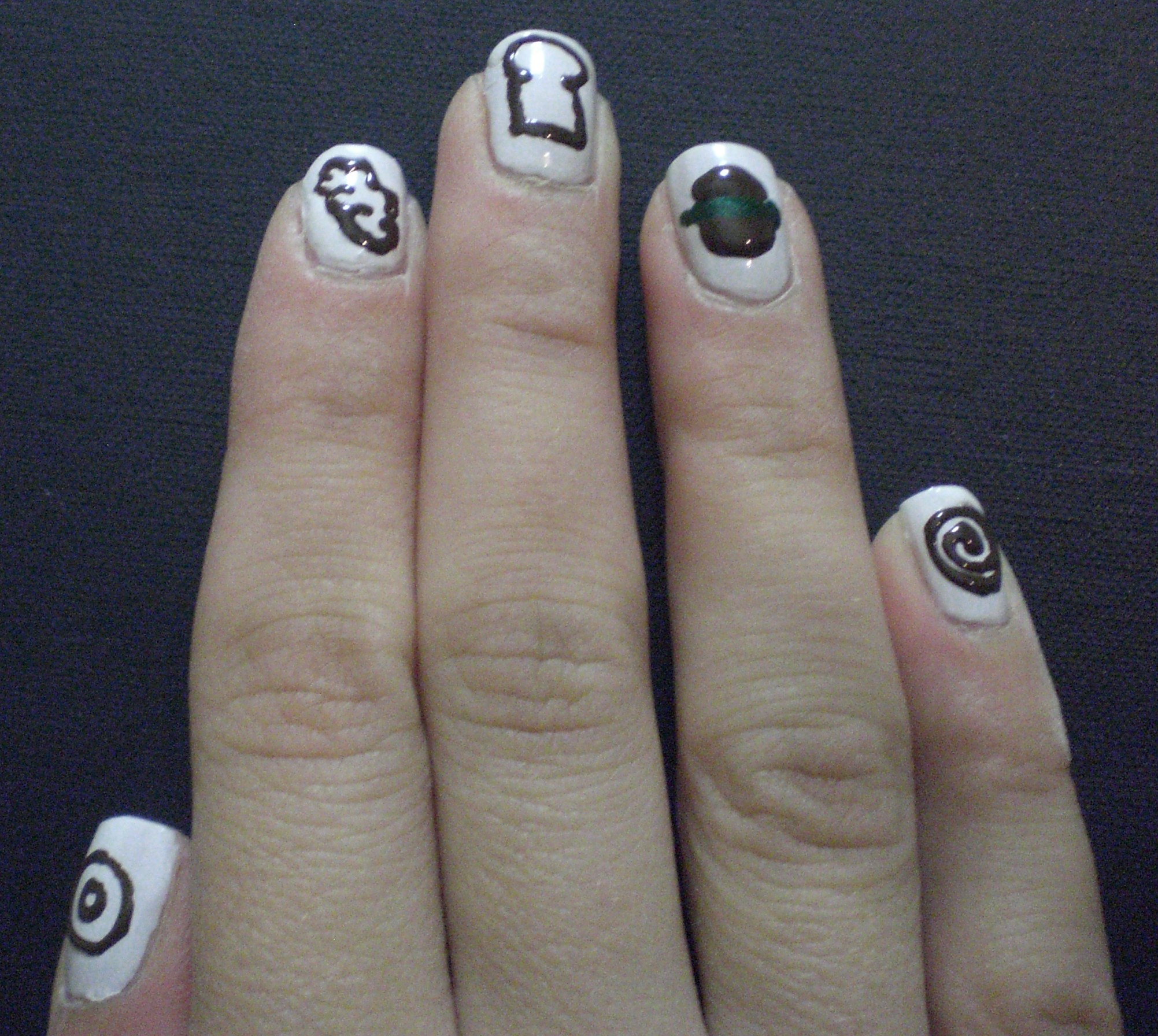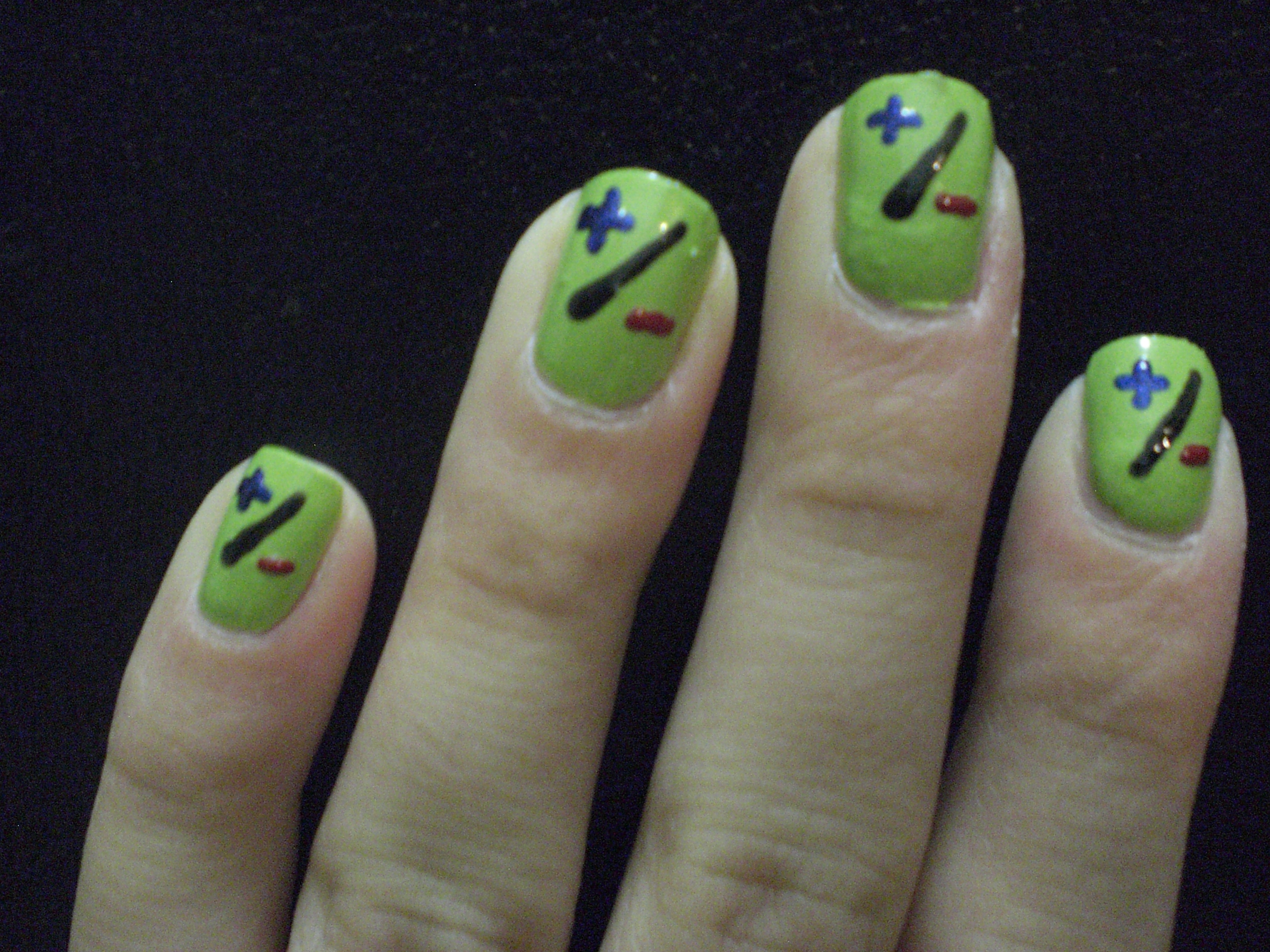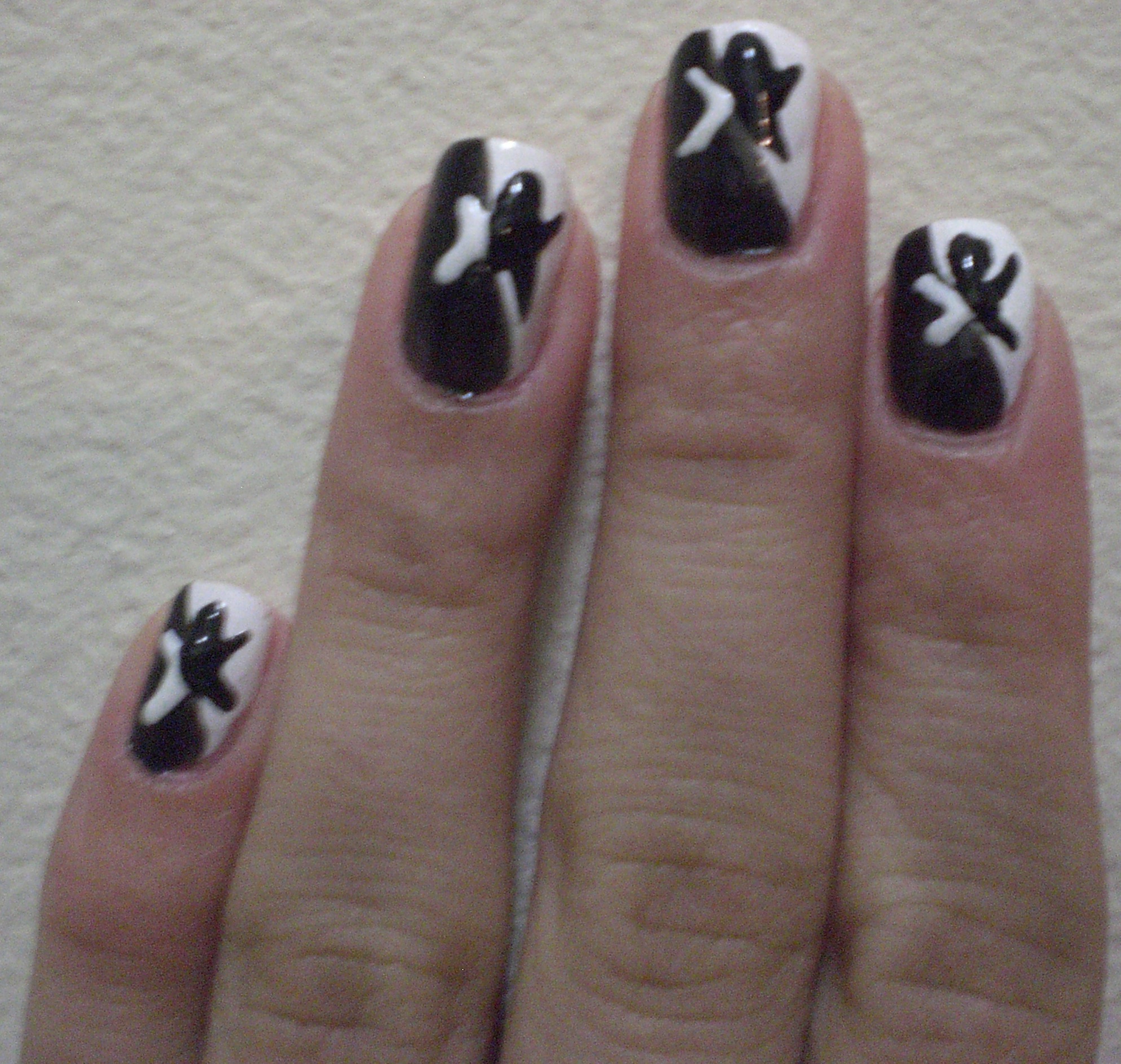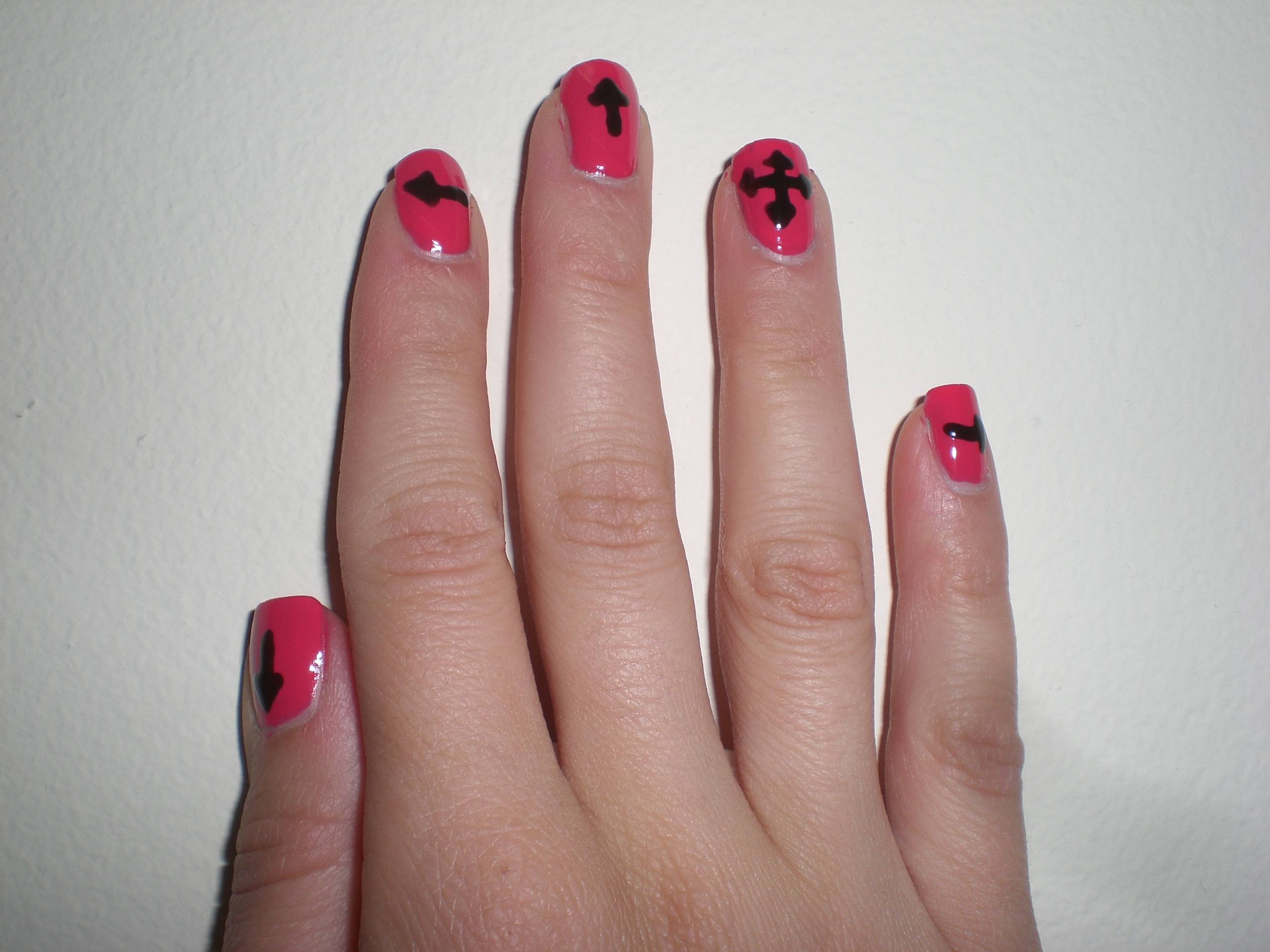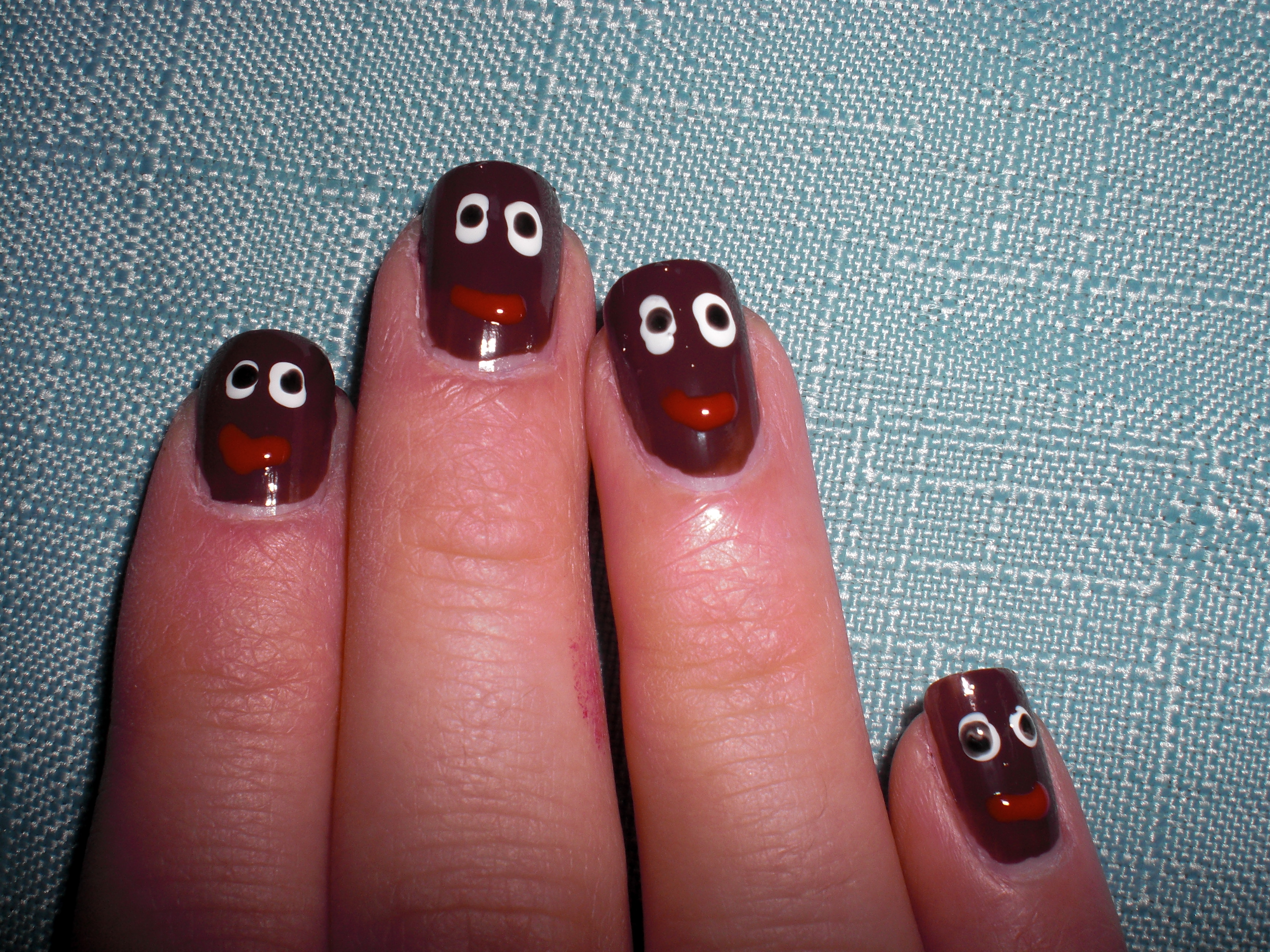Parashat Terumah
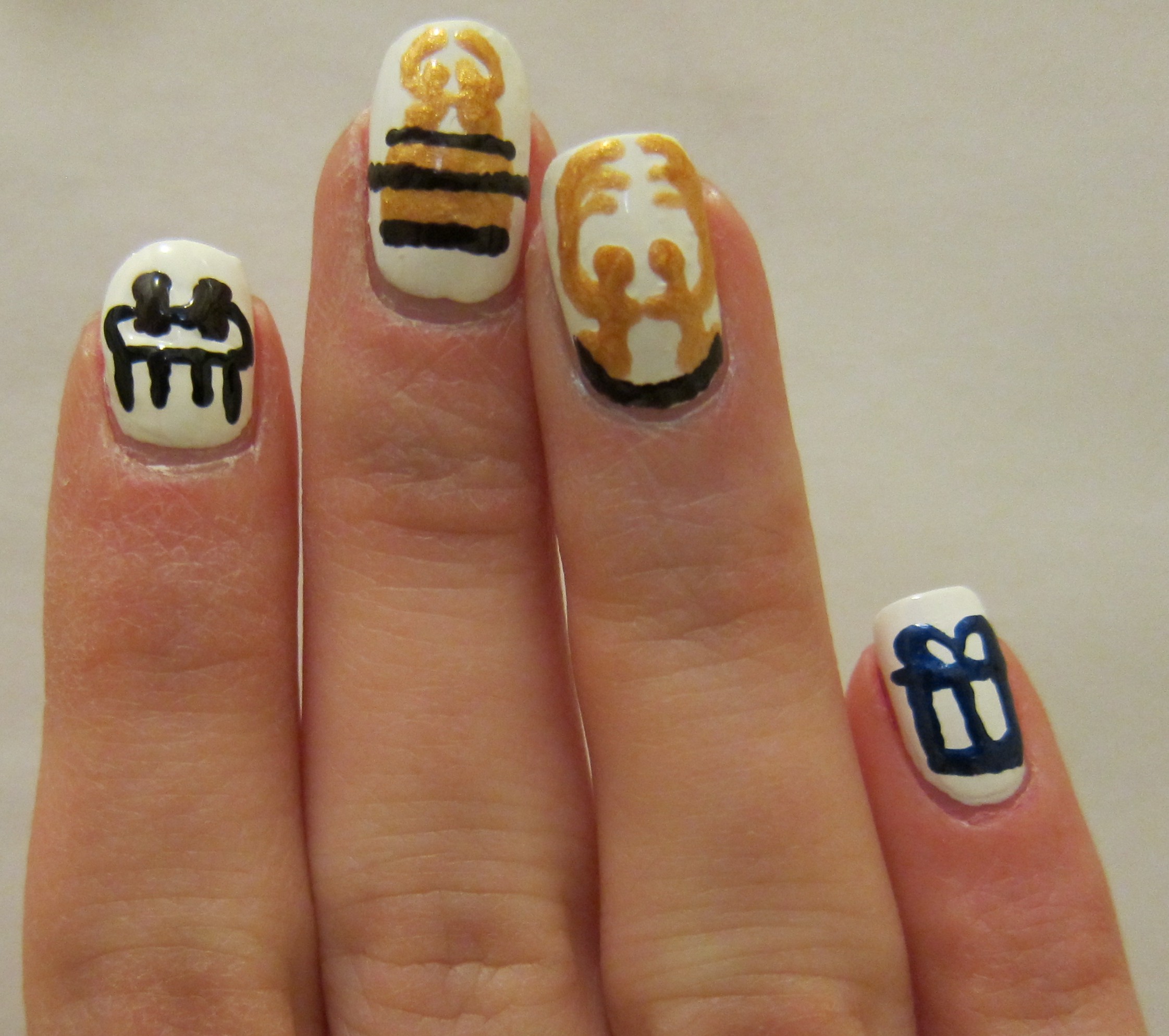 In this week’s Torah portion, Parashat Terumah, God asks Bnai Yisrael to donate materials for the construction of the Mishkan, the Tabernacle. The final product of the Mishkan will become a dwelling place for God as it states: “And let them make Me a sanctuary, that I may dwell among them” (Exodus 25:8). On this verse, the Midrash in Exodus Rabbah 33:1 asks, “Can you conceive of a transaction in which the seller is sold with his goods?!” The Midrash tells a story about a king whose daughter married another king.
In this week’s Torah portion, Parashat Terumah, God asks Bnai Yisrael to donate materials for the construction of the Mishkan, the Tabernacle. The final product of the Mishkan will become a dwelling place for God as it states: “And let them make Me a sanctuary, that I may dwell among them” (Exodus 25:8). On this verse, the Midrash in Exodus Rabbah 33:1 asks, “Can you conceive of a transaction in which the seller is sold with his goods?!” The Midrash tells a story about a king whose daughter married another king.

